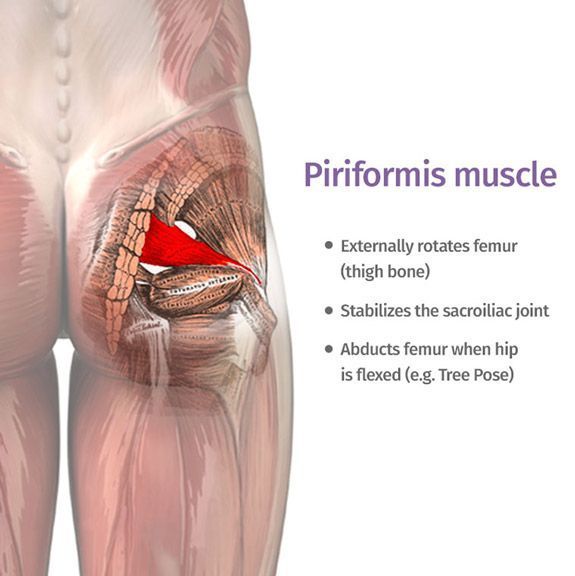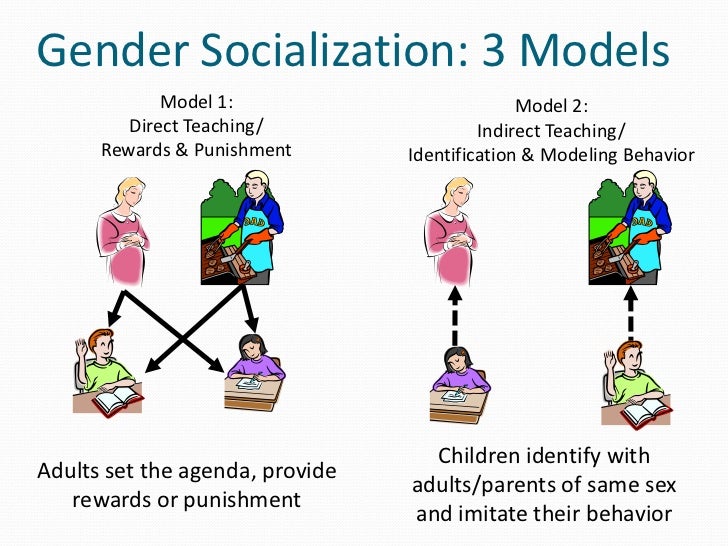How does the no child left behind act affect students
Understanding No Child Left Behind
On the 12th birthday of No Child Left Behind, many are still wondering what this federal law is and how it affects the education of their children today. While NCLB is now thick in the reform process, confusion continues over how to alter education policies for the best interest of the students they were designed to teach. The first step is to understand what No Child Left Behind is, why it was created, and how your child may continue to benefit from it. It will also discuss some potential controversies surrounding the legislation and the reasons why reform appears so hard to come by.
What Is No Child Left Behind?
No Child Left Behind was first introduced as House Resolution 1 during the 107th Congress in March of 2001. The No Child Left Behind Act aimed to ensure that all students, regardless of race or socioeconomic status, would have the opportunity for a solid education. President George W. Bush signed the No Child Left Behind Act into law in January of 2002.
Photo by Executive Office of the President of the United States, [Public domain], via Wikipedia Commons
No Child Left Behind is a bipartisan effort. The act passed with support from democrats and republicans alike and a bipartisan commission was created in 2006 to review No Child Left Behind, its promises, and its problems. This commission provided Congress with recommendations prior to the renewal of No Child Left Behind in 2007. Unfortunately, NCLB has ground to a halt since that time, as lawmakers have been unable to agree on precisely how to reform the federal mandate.
The No Child Left Behind Mandate.
No Child Left Behind mandates that all teachers must be "highly qualified" by the end of the 2005/2006 school year. According to the law, "highly qualified" means that a teacher must meet the license and certification requirements of the state in which they teach. A teacher must also hold at least a bachelor's degree and must pass state testing criteria to be eligible to teach beyond the 2005/2006 school year.
A teacher must also hold at least a bachelor's degree and must pass state testing criteria to be eligible to teach beyond the 2005/2006 school year.
If a teacher did not meet any of these qualifications by the end of the 2005/2006 school year, they will not be allowed to teach again until they do meet these mandatory requirements.
No Child Left Behind also mandates that all students in a school must be "proficient" by the 2013/2014 school year. Each state will determine its own standards of "proficiency" for the students in that state. If at that point, a school repeatedly produces students who are not proficient in their studies, the students at that school will have additional assistance programs available to them, such as the ability to attend one of at least two other schools in their district.
The longer a school fails to meet the No Child Left Behind criteria, the more assistance will be made available to parents and students in that school's district.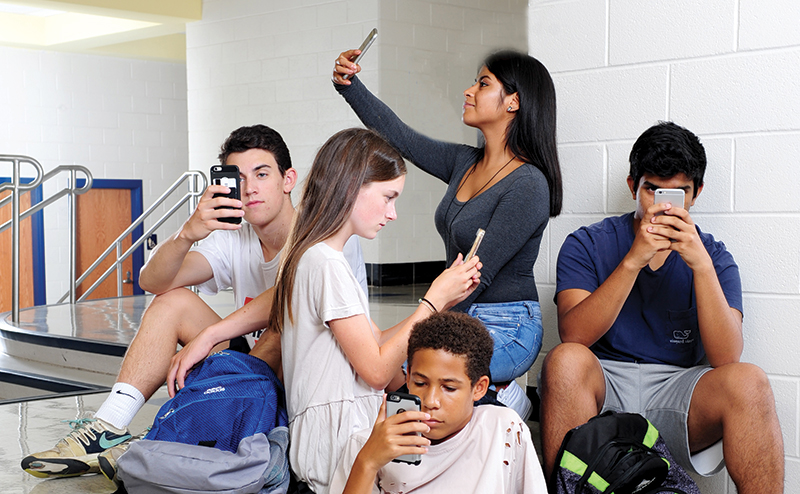 These schools will also face additional disciplinary measures, including, but not limited to, state takeover.
These schools will also face additional disciplinary measures, including, but not limited to, state takeover.
What Does No Child Left Behind Do?
According to the U.S. Department of Education, No Child Left Behind was designed to provide school districts with more funding in the form of No Child Left Behind bonuses, as long as those schools are achieving the standards set by No Child Left Behind. No Child Left Behind will also allow states and school districts more flexibility in the use of their resources, hold school districts and individual schools accountable for their results, give parents "report cards" grading the schools in their school districts so they can see which schools in their neighborhoods are succeeding, provide extra help with learning, offer school choice and encourage parental involvement.
If schools that are found lacking fail to improve each and every year between now and 2007, a school improvement plan will be implemented.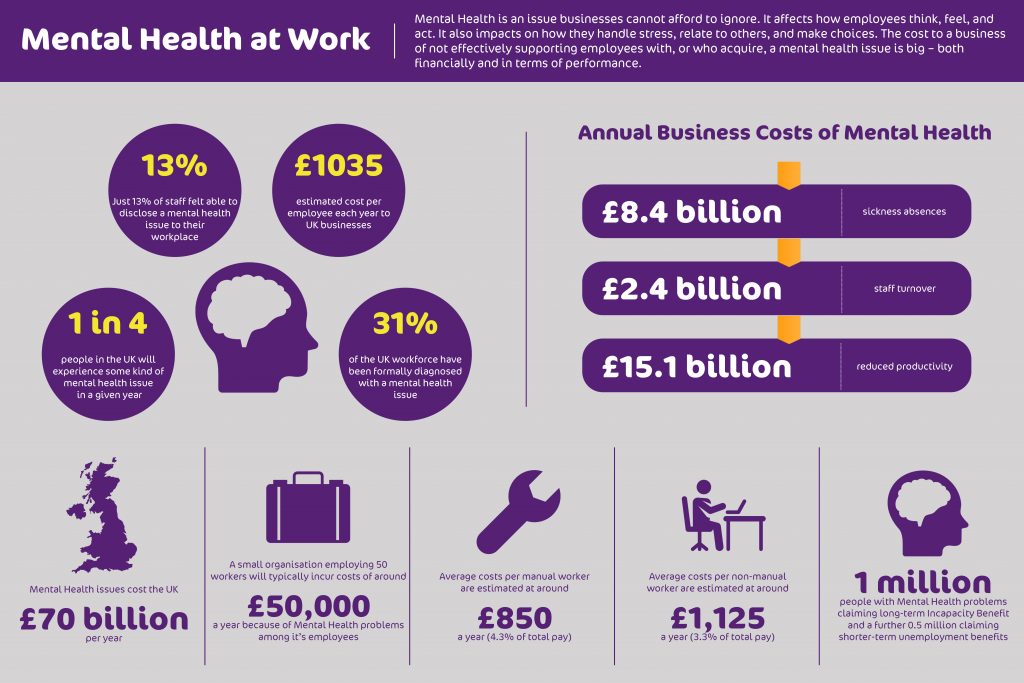 If the school still fails to improve after such a plan has been implemented, the school may be subject to state takeover.
If the school still fails to improve after such a plan has been implemented, the school may be subject to state takeover.
Controversy Surrounding No Child Left Behind.
There has been plenty of controversy surrounding No Child Left Behind. Teachers, schools, educational organizations and even entire states have come forth and declared No Child Left Behind to be "flawed" and "ineffective" for various reasons. As reform of the law moves forward, debates about how to make NCLB more effective continue across the aisle and even among different schools and districts.
Money Concerns.
Perhaps the biggest controversy surrounding No Child Left Behind is the issue of adequate funding. While the intentions of No Child Left Behind may be laudable, if the funding isn't there to back it, the plan may become more of a burden than an aid. According to a study conducted by the National Association of State Boards of Education (NASBE), that appears to have been an early problem with the program.
The Study the NASBE conducted estimated that it would cost approximately $7 billion dollars over a seven-year period for all of the states to develop and implement the testing programs outlined in No Child Left Behind. However, the No Child Left Behind budget only authorizes $400 million dollars to go towards helping the states design and implement the tests. According to the study, that would mean the schools would be responsible for footing a bill of more than $6 billion dollars.
The NASBE isn't the only educational organization raising eyebrows at No Child Left Behind. According to statements made by Becky Fleischauer, the spokeswoman for the National Education Association, in an interview with Education World, Fleishauer feels that the goals of No Child Left Behind are admirable, but the means to meet those goals just aren't there. The spokeswoman fails to see how the goals will be realized without complete federal funding since states are facing deficits and ongoing issues with budget cuts as it is.
Sacrificing One Subject for Another.
Another issue leading to the No Child Left Behind controversy is the fact that some teachers have felt pressured to focus on subjects rated by the No Child Left Behind testing requirements, rather than focusing on providing children with a well-rounded education. Some schools have been accused of cutting back on studies involving science and the arts to increase the focus on English and math. As a result, some complain education isn’t really improving; it just means sacrificing one subject's proficiency for another.
This video explains No Child Left Behind.
Too Much Federal Control.
Another concern that has been brought up by individuals and organizations across the country is that of federalizing education. According to Bruce Hunter, the Associate Executive Director of the American Association of School Administrators (AASA), the AASA did indeed support the goals of No Child Left Behind, but the organization could not endorse it due to the fact that the law expands the federal government's role in education, a matter that should be left up to the individual states.
Some people are going so far as to say No Child Left Behind is unconstitutional. According to the Constitution's Tenth Amendment, if something is not covered in the Constitution, it needs to be handled at the state level. Since there is nothing about educational standards in the U.S. Constitution, many opponents feel that the federal government has overstepped its boundaries.
It is important to note that people on the other side of the fence argue that No Child Left Behind actually gives schools more freedom due to the fact the schools will have more flexibility in determining the use of the federal funds they receive. It is also important to note that the states will be defining their standards as to what constitutes "proficient," not the federal government.
While it is true that No Child Left Behind has been run at the federal level, states do have the power within the program. It is also important to note that the federal government has had a hand in educational standards for quite some time, so No Child Left Behind is not the first instance of federal influence on school standards.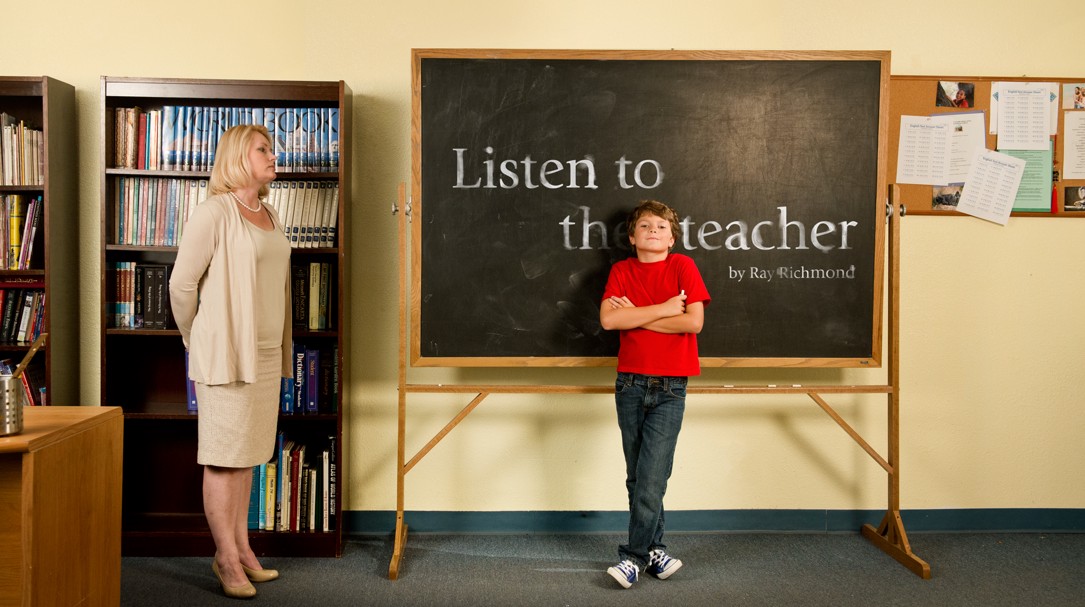
Necessary Changes.
The National Education Association believes that in order for No Child Left Behind to be successful, the approach and the plans need to be changed. The organization has established five priorities they believe need immediate attention before No Child Left Behind can achieve any of the goals it is intended to accomplish.
The five priorities established by the National Education Association include implementing an accountability system that would reward educators, cutting down class sizes to improve student/teacher interaction and student learning, putting qualified teachers in every classroom, the encouragement of families and communities in the education of the school's children, and providing adequate resources to ensure all public schools can provide quality education.
What Does No Child Left Behind Mean To You?
What does No Child Left Behind mean for you and your child? First and foremost, it means more freedom and power for parents and the assurance of a good education for your child.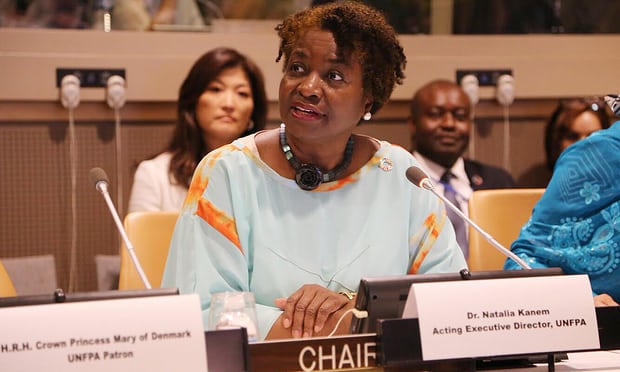 If students in a Title I school (a school with a high number of students from low-income families) aren't making academic progress on an annual basis, No Child Left Behind gives parents the power to change the school their child attends and the ability to provide their child with the extra help their children need.
If students in a Title I school (a school with a high number of students from low-income families) aren't making academic progress on an annual basis, No Child Left Behind gives parents the power to change the school their child attends and the ability to provide their child with the extra help their children need.
Public School Choice.
Photo By Daderot (Own work) [Public domain], via Wikimedia Commons
Public choice is provided to children who attend a Title I school if the state has deemed that school as being unsafe or as needing improvement. If your child attends one of these schools, you can choose to send your child to another public school in a different school district at no cost to you.
Each and every year, your school district must notify you, letting know whether or not your child is eligible to transfer to a different school. If your child is eligible for transfer, the district is required to provide you with at least two different transfer schools to choose from. In addition to allowing your student to transfer to another school, the school district will also be required to pay for your child's transportation to and from the school.
In addition to allowing your student to transfer to another school, the school district will also be required to pay for your child's transportation to and from the school.
If a school is unable to pay for all of the students transferring schools, priority is given to underachieving students and to students from low-income families.
Supplemental Educational Services.
If your child is having trouble in school and is attending a Title I school that has been in need of improvement for a period of at least one year, your child may be eligible to receive supplemental educational services. Whether or not you are eligible for supplemental educational services will depend on your specific income level. This program is intended for low-income families so some families may not qualify.
Supplemental educational services can include tutoring or remedial help for your child. If you are eligible for supplemental educational services, your school district must provide you with a list of all state-approved supplemental educational service providers in your area.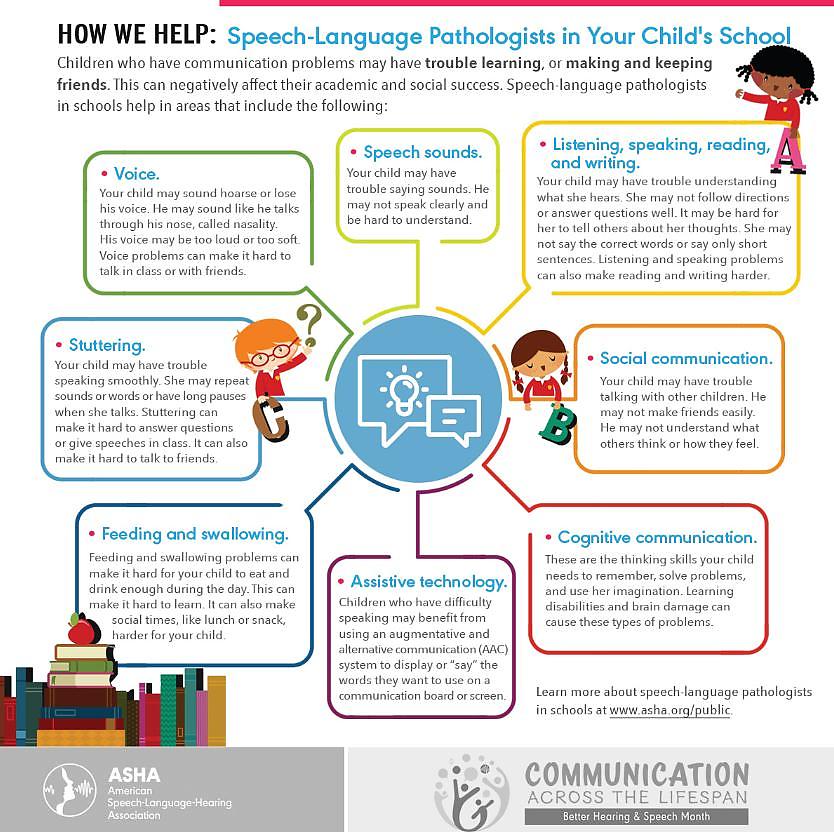 You have the right to pick the provider that you feel would be best for your child.
You have the right to pick the provider that you feel would be best for your child.
Supplemental educational services can include tutoring or remedial help for your child. If you are eligible for supplemental educational services, your school district must provide you with a list of all state-approved supplemental educational service providers in your area. You have the right to pick the provider that you feel would be best for your child.
Charter Schools.
Charter schools are an innovative concept that many parents will find valuable. These schools are public schools, but they have freedoms that allow parents, leaders of the community, and educational entrepreneurs to provide students with more educational options. While charter schools are publicly funded, they are exempt from certain rules and regulations on the state and local levels. These schools were developed to reform public education, with the schools being accountable for outcomes rather than processes.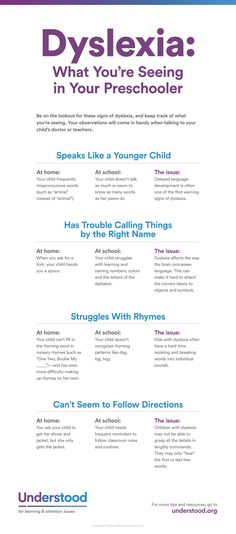
No Child Left Behind will provide charter schools with financial assistance for start-up costs, facilities, and other costs involved with creating a high-quality educational institution.
Magnet Schools.
A magnet school is intended to do exactly what it sounds like to attract students. Magnet schools tend to focus on a specific subject and follow a specific theme. The schools are meant to attract students from different backgrounds (socially, economically, and racially), creating a diverse educational environment.
Magnet schools can provide students with specific skills that will help them towards a successful career. For instance, some magnet schools may focus on engineering while other magnet schools may focus on humanities. Because the enrollment eligibility for these schools isn't limited to geographic boundaries, they attract a diverse student population.
Some magnet schools operate as a "school within a school.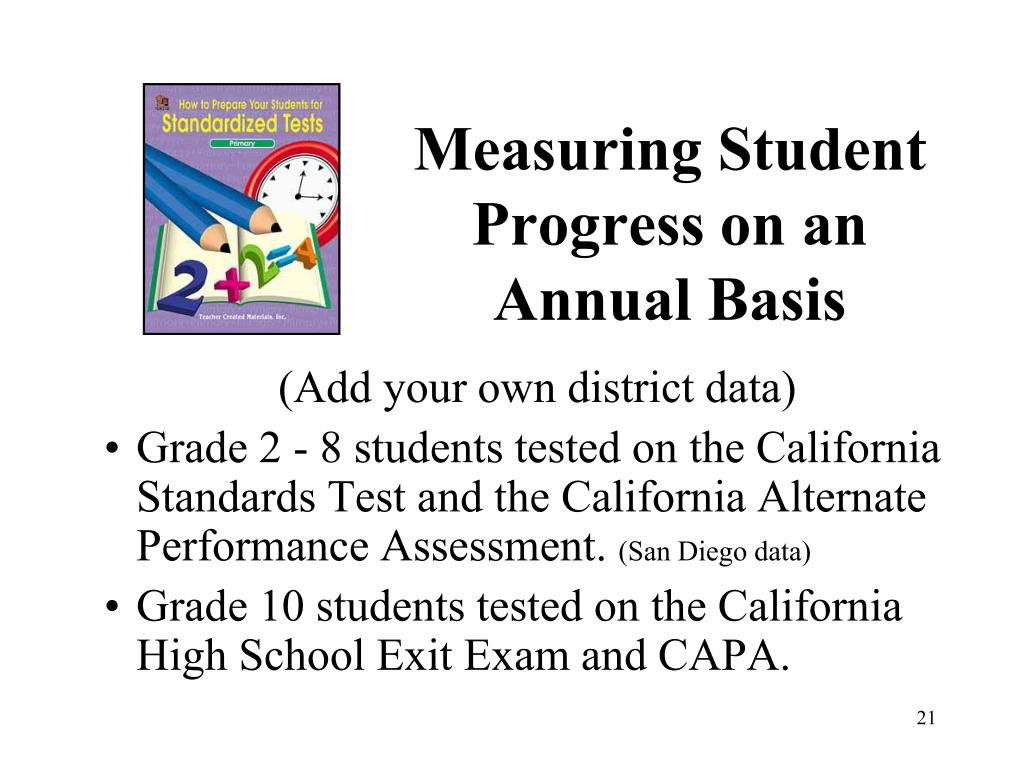 " This is because the actual "magnet school" program is held within a larger, comprehensive school.
" This is because the actual "magnet school" program is held within a larger, comprehensive school.
Unlike charter schools, magnet schools are considered a part of the public school system. They operate under the same hierarchy and follow the same rules and regulations.
Under No Child Left Behind, President Bush has requested that $100 million be budgeted to enable school districts to establish new Magnet Schools. As of today, more than 150,000 students have benefited from this program.
Evaluating Schools.
If you are thinking of moving or if you want to know how your child's school ranks compared to other schools in your area, you need to know where to turn to get information on a school's No Child Left Behind compliance and progress.
Organizations called Parent Information and Resource Centers (PIRCs) work to inform parents about the ratings and progress of different schools in their area. There are currently more than 80 PIRCs in the country providing this service.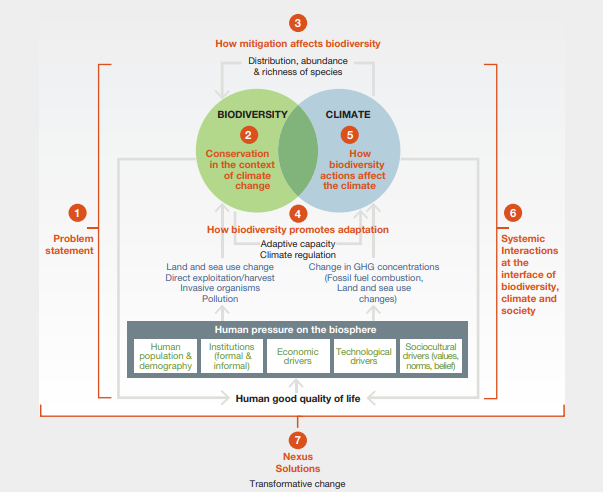 To find the PIRC in charge of your school district, visit the PIRC website at www.pirc-info.net/pircs.asp.
To find the PIRC in charge of your school district, visit the PIRC website at www.pirc-info.net/pircs.asp.
Once you are at that website, you will be able to perform a search by state. The search results will provide you with the contact information of the PIRC responsible for the area in which you live or the area you are interested in moving to. That PIRC will be able to provide you with the information you need in regards to your school's compliance with No Child Left Behind.
Reform Efforts
Twelve years into the No Child Left Behind experiment, reform still seems to be a distant goal. The mandate expired in 2007, but Congress has yet to come to an agreement on how to rewrite the law. Until the new law was in place, schools were required to continue to abide by the original terms of NCLB. By 2011, Congress still hadn’t passed new education reform, and President Barack Obama took action.
Many schools across the country faced the new proficiency requirements for the 2013-2014 school year, knowing they would not be able to report 100% proficiency for their students.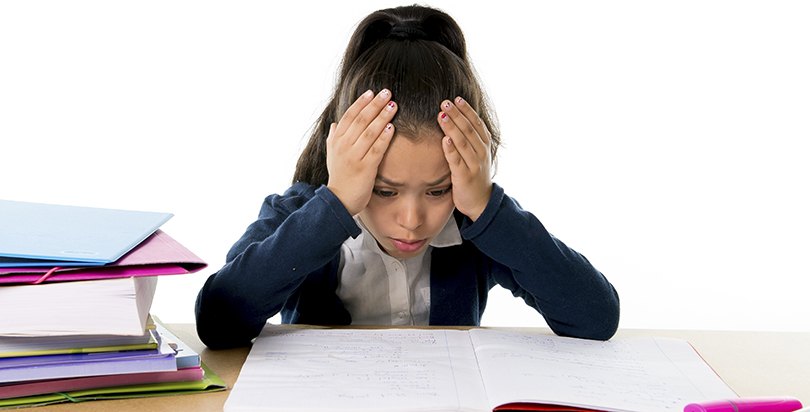 The Obama administration gave schools another option – abide by certain reforms like including student test scores for teacher evaluations and opt out of some of the NCLB requirements. Most schools jumped at the option, with 42 states currently holding waivers for NCLB exemption.
The Obama administration gave schools another option – abide by certain reforms like including student test scores for teacher evaluations and opt out of some of the NCLB requirements. Most schools jumped at the option, with 42 states currently holding waivers for NCLB exemption.
It appears that waivers will continue indefinitely since Congress does not appear any closer to coming to an agreement on reform for NCLB. Many expect the waivers to continue until the end of the Obama Administration. At that point, it will be anyone’s guess as to how the next administration will tackle education reform.
Questions@ Contact us on Facebook. @publicschoolreview
Please enable JavaScript to view the comments powered by Disqus.comments powered by Disqus
No Child Left Behind is dead. But have states learned from it?
When the Every Student Succeeds Act won bipartisan support from a famously polarized Congress in 2015, it was less a sign of the two parties’ ability to work together than an indictment of what they were replacing: No Child Left Behind.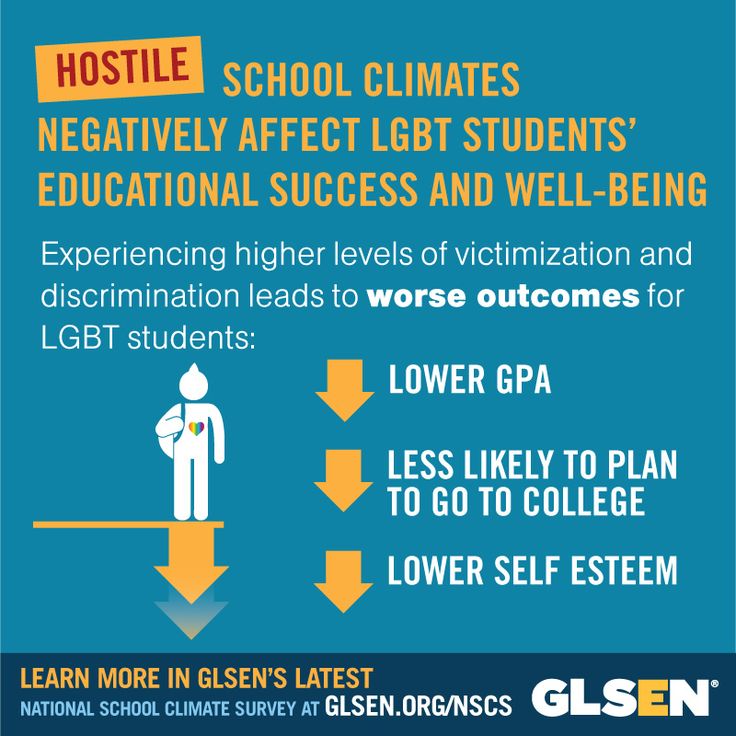
NCLB had grown increasingly unpopular, blamed for setting impossible-to-reach goals, inciting test-prep frenzy, and unfairly targeting high-poverty schools. (The law has defenders, too, who point to evidence that it increased student achievement in math and provided important new breakdowns of performance data by race.)
ESSA gave states a chance to start fresh. To date, 16 states and Washington, DC have submitted their plans to implement the law; one plan, Delaware’s, has been approved by the Department of Education.
With some plans in hand, it’s worth asking: Are states really changing course? Are they learning from what many viewed as the problematic aspects of the law ESSA replaced?
Here are some of the sharpest criticisms levied at No Child Left Behind — and what we know about whether states are now planning to go in a different direction.
Criticism #1: States put too much focus on testing.
No Child Left Behind became closely associated with high-stakes testing. ESSA continues to require annual testing in grades three through eight, but allows states to use metrics other than test scores in their plans for evaluating schools.
ESSA continues to require annual testing in grades three through eight, but allows states to use metrics other than test scores in their plans for evaluating schools.
Indeed, every state that has submitted a plan so far has added — or plans to add — at least one additional measure. The most popular has been chronic absenteeism.
“States are broadening their accountability systems beyond reading and math,” according to a review of state plans by Bellwether Education Partners, an education consulting firm generally aligned with the education reform movement. “Most states added science and a more accurate measure of student attendance, not to mention indicators measuring physical education, art, and school climate.”
But, particularly in elementary and middle school, it remains true that test scores will be the major driver of which schools are deemed low-performing.
That’s partially because the law requires “much greater” weight to be placed on test scores — and on graduation rates for high schools — than on non-academic measures like absenteeism or student engagement.
Still, states have interpreted that in different ways. Delaware’s system will base 70 percent of its ratings for elementary and middle schools on state tests. In Louisiana, 75 percent of scores for elementary schools will be determined by state math and English tests and 25 percent will come from science and social studies exams. (Eventually, Louisiana plans to add “access to a well-rounded curriculum” as a measure, though it will only account for 5 percent.)
Other states are making greater efforts to scale back testing. In Maryland, according to a draft plan, only 45 percent of elementary-school scores will be based on state tests — though it remains to be seen whether the feds will approve this approach.
Melanie Asmar
Criticism #2: Schools serving lots of poor students were unfairly penalized.
No Child Left Behind used student proficiency to measure schools — and one all-but-inevitable consequence is that school ratings are tightly associated with poverty.
A number of researchers have argued that this approach unfairly penalizes schools for the students they serve and deters teachers from working in those schools. Certain civil rights groups, though, say this method is important in order to maintain high standards and identify schools that need the most help.
Under ESSA, this positive correlation is likely to remain. High-poverty schools will probably still be far more likely to be identified as low-performing, since states, as required by the statute, will continue to use proficiency or overall performance.
Most states also plan to use measures of student growth, which are less tightly associated with poverty. But even when it comes to growth, a number of states are using hybrid approaches that don’t break the link between performance and poverty. Other common indicators, like chronic absenteeism and high school graduation rates, are also tightly related to student income.
A review by the Fordham Institute, a conservative education think tank, found that only a handful of states would likely be fair to high-poverty schools.![]() Matthew Di Carlo of the Shanker Institute, a think tank affiliated with the American Federation of Teachers, came to a similar conclusion.
Matthew Di Carlo of the Shanker Institute, a think tank affiliated with the American Federation of Teachers, came to a similar conclusion.
“ESSA perpetuates long-standing measurement problems that were institutionalized under No Child Left Behind,” Di Carlo wrote. “The ongoing failure to distinguish between student and school performance continue to dominate accountability policy to this day.”
Criticism #3: Schools were pushed to focus on kids near the proficiency bar and ignore others.
Another problem many identified under No Child Left Behind was that proficiency created an all-or-nothing definition of academic performance — that is, a school was penalized if a student fell short of the proficiency bar by a single question, yet didn’t get extra credit for those who scored far above proficiency. In other words, schools had less incentive to help kids far above and far below proficiency.
A number of states seem to have taken this to heart. The Fordham Institute report gave eight out of 16 states a strong rating in whether there are incentives to “focus on all students. ”
”
The percentage of school ratings that are based on measures seen as likely to encourage a focus on all students, based on states’ ESSA plans. (Fordham Institute)
To do that, some state plans emphasize student growth or judge schools based on average overall test scores. Several states plan to use those measures for a majority of their elementary and middle school ratings.
Still, proficiency continues to play a major role in many state plans. Moreover, the use of chronic absenteeism risks replicating the problem: schools will have an incentive to focus on kids just short of the bar to be deemed chronically absent (often 15 days out of school).
That said, there remains significant debate about whether this downside actually exists. Although older research on accountability systems in Chicago and Texas showed that teachers focused more on “bubble kids” — that is, those near proficiency — a study of several states during the NCLB era did not find evidence of this.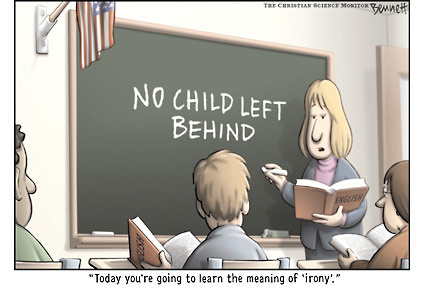
Criticism #4: States didn’t do a good job helping low-performing schools improve.
The mission of NCLB — and now ESSA — was to identify schools that need help, incentivize them to improve, and if that doesn’t work, require states to intervene. Perhaps the most troubling legacy of No Child Left Behind, as well as the Obama-era school turnaround program, is what we didn’t learn: what interventions truly improve a struggling school.
States have tried a variety of strategies — including improving support for teachers, adding social services, closure, and conversion to charters — and have found mixed success. (There is some evidence that dismissal of a critical mass of teachers and the principal, combined with hiring flexibility and additional resources, is a promising approach.)
Perhaps because the research is so inconclusive — as well as due to political considerations — many states have been vague about how they plan to intervene in schools in the future.
“Instead of taking the opportunity to design their own school improvement strategies, the state produced plans that are mostly vague and non-specific on how they will support low-performing schools,” according to the review by Bellwether.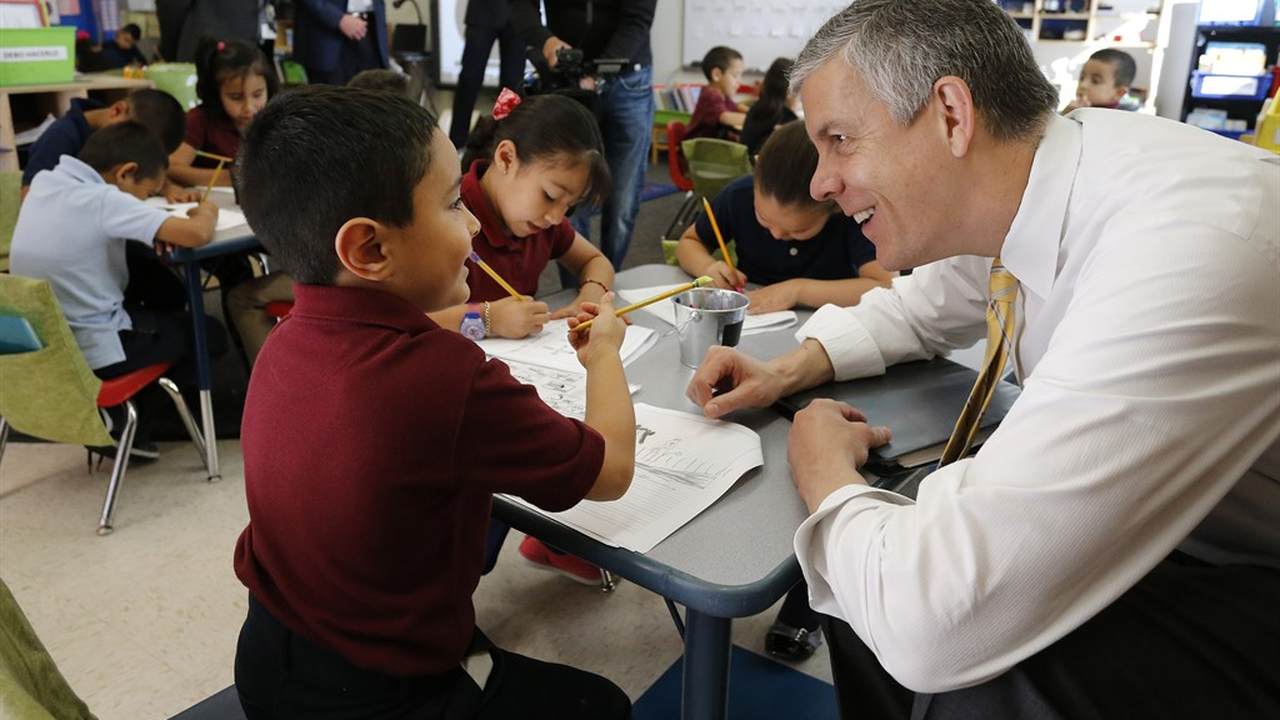
One exception, the report notes, is New Mexico, which created a menu of specific options — including closure, charter takeover, or significant restructuring — for schools that are persistent low-performing. This is similar to the federal School Improvement Grant program, which produced inconsistent results.
“Only one “distance” is the death of the whole education. Machine, dry, dead thing”
How our schools, children and their parents passed the coronavirus and distance education stress test. Part 1
The self-isolation regime and the forced mass transition to distance learning have shown that the Russian education system does not have a plan B - for an unforeseen event. And this is very bad, says Pavel Shmakov, director of the "Solntse" school. About how the last two months have passed in the "distance" mode, using the example of his educational institution, a well-known teacher extremely honestly spoke at an Internet conference with readers of "BUSINESS Online".
Pavel Shmakov: “I am always afraid of dangerous experiments with children. This is purely mine, maybe there is no need to be afraid. I think you need to think 115 times before experimenting with children." Photo: Sergey Elagin
WITH SHMAKOV ABOUT "DISTANT"
All over the country, albeit online, the last calls went through, for most of the Russian schoolchildren, the most unusual school year has ended. Millions of families in the Russian Federation have learned about distance education, which has become a reality of our daily life in recent months. What are the first results of the remote control experience?
About this "BUSINESS Online" decided to talk with one of the brightest personalities in the educational environment of Tatarstan - the director of the specialized Olympiad and scientific center "SUN" Pavel Shmakov .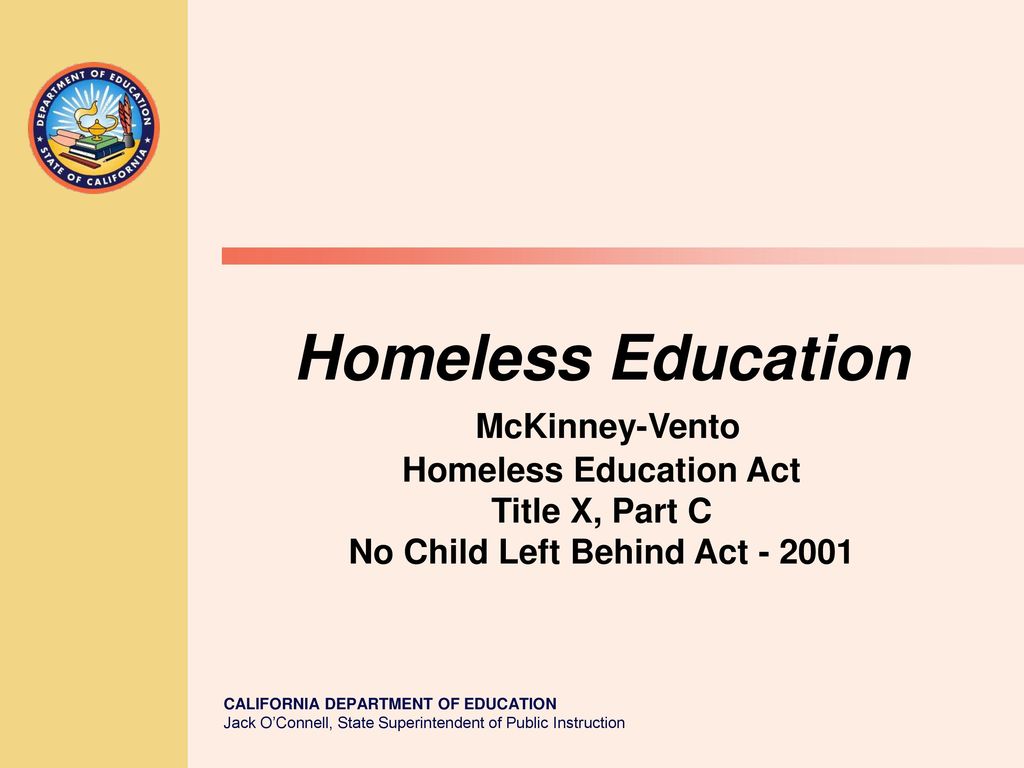 Ever since the time of the leadership of the Academic College at KSU in the 1990s, officials have not been very fond of him, and some colleagues criticize the principles by which the specialist's educational institutions live. However, Principal Shmakov's schools always take first place in the city and the republic in terms of the number of winners of the Olympiads, the percentage of students enrolled in universities, etc. And many graduates recall their years of study with pleasure.
Ever since the time of the leadership of the Academic College at KSU in the 1990s, officials have not been very fond of him, and some colleagues criticize the principles by which the specialist's educational institutions live. However, Principal Shmakov's schools always take first place in the city and the republic in terms of the number of winners of the Olympiads, the percentage of students enrolled in universities, etc. And many graduates recall their years of study with pleasure.
Our readers, as well as BUSINESS Online journalists, talked with the director of the Solntse school about:
- how the Russian school coped with the first mass experience of distance learning;
- is it true that the authorities are hatching the idea of transferring all domestic education to online mode;
- whether the western experience of school "remote distance" is applicable to Russian realities;
- what advantages and disadvantages of distance education have been identified over the past couple of months.

Pavel Anatolyevich thinks:
- the Russian education system failed the coronavirus stress test;
- providing a comfortable "remote" in Russia is hindered by insufficient comfort of apartments and technical support of families;
- at a distance, the student must use not only a computer mouse, but also a pen;
- part of the students attending school every day prevents them from studying well;
- do not be afraid of the new federal law legalizing distance education;
- one day a week during the educational process can be given to "remote";
- the Minister of Education must be an active teacher .
“LITTLE CHILDREN SHOULD NOT BE AT A COMPUTER LONG”
— Pavel Anatolyevich, due to the coronavirus and the introduction of the self-isolation regime, we all found ourselves, to put it mildly, in an unusual situation. What did online training show, what “sores” did it reveal, in your opinion? Tell us, using the example of your school, how did it all go for you? First, they announced self-isolation, holidays, then distance learning. Did you have the technical means for this, were they in Tatarstan, how did everything get better?
What did online training show, what “sores” did it reveal, in your opinion? Tell us, using the example of your school, how did it all go for you? First, they announced self-isolation, holidays, then distance learning. Did you have the technical means for this, were they in Tatarstan, how did everything get better?
- You mentioned the holidays. A very curious thing. This is our general, all-Russian legal illiteracy. You have probably read many times in the press that it was announced to schools that the academic year will end at such and such a time. This is so untrue! There are laws. If there was a state of emergency in the country, then they would not act. And in a situation where there is no state of emergency, emergency situations in Russia, the laws work. According to them, the holidays are set by the school. Not the mayor of the city, not the president of the republic, and even with all due respect, not Vladimir Putin. It's the school that decides! There may be recommendations. And when we say that the school year starts on September 1, this is also a recommendation. That is why we started spring break, as set out in our plan, a day later than all schools: our last working day was on Friday, and for everyone on Thursday. Everything is neat in the orders - the phrase “recommend to schools” is there. And we listen to the recommendations, but are not obliged to fulfill them. And this is extremely important - you need to understand what laws are.
And when we say that the school year starts on September 1, this is also a recommendation. That is why we started spring break, as set out in our plan, a day later than all schools: our last working day was on Friday, and for everyone on Thursday. Everything is neat in the orders - the phrase “recommend to schools” is there. And we listen to the recommendations, but are not obliged to fulfill them. And this is extremely important - you need to understand what laws are.
When we talk about them and the rules, you should read the first ones carefully. Everything is in order in our laws, they are good. And if they are observed... Here we can recall the words of the classic: "The severity of Russian legislation is the opposite of its widespread non-compliance"...
Now specifically about the coronavirus. Our school is lucky - we have motivated children who want to learn. And we discovered a very curious phenomenon - we have 65-75 percent of children who very much want to succeed in school.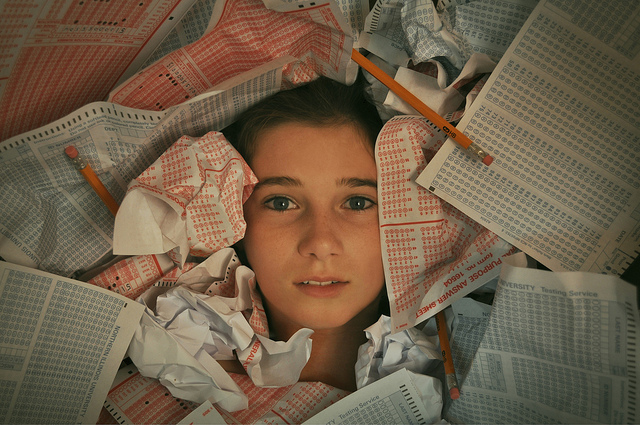 30 percent are capable, but they are not so good at studying, someone does not want to study at all. But this is in a normal, face-to-face era. Some kind of miracle happened in the coronavirus. Of the 70 percent, the majority - 50 percent of the school - are all right: they study normally, they have a normal work schedule, get enough sleep, eat well, once at home, plan their day and have time to watch movies. And the students tell me about it. My essays are written by kids, I always give a couple of topics to choose from. This time - "Terrible April" and "Happiness of the May holidays". And for us, April was not scary.
30 percent are capable, but they are not so good at studying, someone does not want to study at all. But this is in a normal, face-to-face era. Some kind of miracle happened in the coronavirus. Of the 70 percent, the majority - 50 percent of the school - are all right: they study normally, they have a normal work schedule, get enough sleep, eat well, once at home, plan their day and have time to watch movies. And the students tell me about it. My essays are written by kids, I always give a couple of topics to choose from. This time - "Terrible April" and "Happiness of the May holidays". And for us, April was not scary.
The remaining 30 percent split in half - 15 percent began to study brilliantly, went up. It was the school that prevented them from studying: communication with other children, distractions. And 15 percent remained the same. That is, the number of those who study poorly has sharply decreased.
What really confuses me about this whole school situation? Small children should not sit at the computer for a long time. Have you noticed that Rospotrebnadzor is silent about this! And once, a year or two or five years ago, they often wrote about this: do not burden children with sitting at a computer. Now I read that in the vast majority of schools, some fourth-graders spend 6 hours at the computer! It's terrible and terribly harmful. Moreover, most children have a small computer screen, either phones or laptops. Much has been written about the dangers of sitting at a computer for a long time, but now, when they said that everyone studies remotely, they closed their eyes, because everyone needs to be taught somehow. That's scary! We set a goal when the country is not ready. For some reason, Rospotrebnadzor talks about gloves, masks, hand washing all the time, but they forgot about small children. I'm not so much concerned with adults as with children.
Have you noticed that Rospotrebnadzor is silent about this! And once, a year or two or five years ago, they often wrote about this: do not burden children with sitting at a computer. Now I read that in the vast majority of schools, some fourth-graders spend 6 hours at the computer! It's terrible and terribly harmful. Moreover, most children have a small computer screen, either phones or laptops. Much has been written about the dangers of sitting at a computer for a long time, but now, when they said that everyone studies remotely, they closed their eyes, because everyone needs to be taught somehow. That's scary! We set a goal when the country is not ready. For some reason, Rospotrebnadzor talks about gloves, masks, hand washing all the time, but they forgot about small children. I'm not so much concerned with adults as with children.
- How do you explain this? End justifies the means?
- Yes, you said it right. It was necessary to occupy the whole country - to teach children, and for parents to be involved.
“The first conclusion that we made from this situation is that it is necessary to create civilized work, to separate writing and at the computer, how to set homework” Photo: pixabay.com
BIG PROBLEM WITH TECHNOLOGY IN RUSSIAN SCHOOLS
— What other factors did you encounter?
- A big problem with equipment in many places, including ours. Most don't have computers. There is at least a laptop, but one per family, as a rule, and dad or mom or from work has it. 60-70 percent have the opportunity to access the Internet in a civilized way. How did we solve this problem? Starting from the 8th grade, we really had lessons in Zoom. Some have Discord, some have Meet, HangOut, Google Classes, and more. We first provided the students with a choice of form, and then we began to make work civilized - how to competently assign homework, how to transfer them more to execution without a computer: write beautifully, photograph and send. And for young children, we tried to make sure that they do not sit much at the computer, so that they watch each other's faces - it is very important to see the atmosphere of the family, which is pleasant and interesting. But you can’t sit for half an hour, disassemble one object, after half an hour you can’t do another. Children get tired. For example, you can write by hand or ask your parents to type. We need to think more about the health of children - an extremely important thing.
And for young children, we tried to make sure that they do not sit much at the computer, so that they watch each other's faces - it is very important to see the atmosphere of the family, which is pleasant and interesting. But you can’t sit for half an hour, disassemble one object, after half an hour you can’t do another. Children get tired. For example, you can write by hand or ask your parents to type. We need to think more about the health of children - an extremely important thing.
The first conclusion that we drew from this situation is that it is necessary to create civilized work, to separate written and computer work, how to assign homework. For example, such a form - we have a school-wide group on VKontakte, class groups. First, teachers put it in the last one. Then we found out that it was inconvenient. Many teachers at different times began to do this in appropriate discussions - a separate conversation on physics, chemistry, so that you could get to your homework in a civilized, simple and easy way. Then we began to say: do not ask it the next day and even the next day. Let it be for a week. It is important that the child learns to plan his time. Sometimes it turns out that they put three control tests on the same day - this cannot be done, but in schools it happens all the time. And there are many homework assignments for one day - it’s hard for a child.
Then we began to say: do not ask it the next day and even the next day. Let it be for a week. It is important that the child learns to plan his time. Sometimes it turns out that they put three control tests on the same day - this cannot be done, but in schools it happens all the time. And there are many homework assignments for one day - it’s hard for a child.
- It's been like this with us all our lives.
— Yes. But in a normal era, it is possible to agree, but here it is all very difficult. When the first shock passed, we noticed at the end of April that the children were very tired. More from shock, in my opinion, than from tasks. Obviously tired - they write that they do not get enough sleep. We urgently gave them a vacation before Sergei Sobyanin and Putin wrote. We said that from May 1 to May 10, students will have holidays, and from May 11 we will go to school. After that, the Mayor of Moscow and the President of the Russian Federation did the same, but until May 11 inclusive, and we decided in advance before the 10th. And again we parted for one day, but did not change anything, because it was not an order from above, but again a recommendation. And since May 11, our children began to study. This is how we work during the coronavirus.
And again we parted for one day, but did not change anything, because it was not an order from above, but again a recommendation. And since May 11, our children began to study. This is how we work during the coronavirus.
We are finishing the school year now. We had a very beautiful last call, just fabulous. For two hours we posted congratulations to graduates from different classes - when children read poetry, they sing songs. Moreover, they organized it themselves, not adults. Marvelous! The last call was on Zoom. We thought that we would make it in 40 minutes - it was not enough, we made a new conference. That is, it was three hours of amazingly beautiful, interesting action. For the first time, it turned out so amazing for us. It is clear that internally better, without any doubt. But what we did so powerfully and beautifully these congratulations, no one could imagine. Then the children wrote us thanks.
All students, except pre-schoolers, 9th and 11th grades study until May 31st.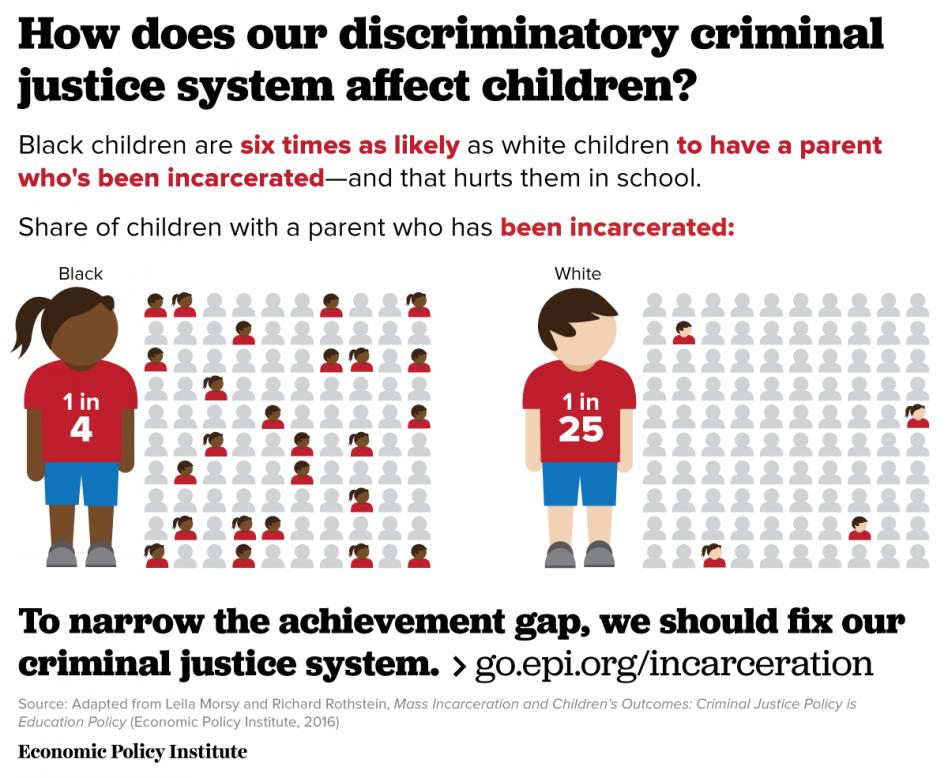 The ninth graders finished on May 23 because they are busy moving into the 10th grade. It is not automatic, classes are being reformed, specialized ones are being organized. With us, the child receives a recommendation from a specialized teacher and then automatically passes or takes the exam. Most children do the latter, but there are always 10 percent who are just afraid of exams and leave somewhere, and 5 percent who try but fail. We never kick students out - this is my principle. The only thing is that we limit formal bureaucratic things. Children can be in family education at our school, take exams if they want to enter. It is important to set the bar for the child in the area that he likes. Do you love physics? Here's a high level for you. And he agrees that he is required in this area. And if a student is asked about an unloved one, for example, in geography, then overload begins.
The ninth graders finished on May 23 because they are busy moving into the 10th grade. It is not automatic, classes are being reformed, specialized ones are being organized. With us, the child receives a recommendation from a specialized teacher and then automatically passes or takes the exam. Most children do the latter, but there are always 10 percent who are just afraid of exams and leave somewhere, and 5 percent who try but fail. We never kick students out - this is my principle. The only thing is that we limit formal bureaucratic things. Children can be in family education at our school, take exams if they want to enter. It is important to set the bar for the child in the area that he likes. Do you love physics? Here's a high level for you. And he agrees that he is required in this area. And if a student is asked about an unloved one, for example, in geography, then overload begins.
Moreover, we are discussing the possibility of some classes in June for two weeks of partial face-to-face study, but have not decided yet. Parents of the 5th grade are afraid, but many children really want to go to school. Some began to come here in the evenings: “Can we sit in class, work out a little, can we play badminton in the gym?” The children missed school. But this issue is being discussed. Maybe we will go out for two weeks of five days, for shortened lessons and only for our favorite subjects. Maybe not. Maybe we will continue our correspondence studies in some classes for another two weeks in June.
Parents of the 5th grade are afraid, but many children really want to go to school. Some began to come here in the evenings: “Can we sit in class, work out a little, can we play badminton in the gym?” The children missed school. But this issue is being discussed. Maybe we will go out for two weeks of five days, for shortened lessons and only for our favorite subjects. Maybe not. Maybe we will continue our correspondence studies in some classes for another two weeks in June.
“Kravtsov (Minister of Education of the Russian Federation, center) says: “No one expected it to be like this.” I believe that a politician should always expect what will happen, should be ready for various challenges.” Photo: © Alexey Druzhinin, RIA Novosti
"OF COURSE, DISTANCE IS NOT A FULL LEARNING"
— Why do we need extra study days?
- Because the children missed school, meeting teachers, each other. Our classes are small, we can sit one by one at a desk, make sure that the guys wash their hands. The point is not just to meet, but to get what you didn’t have time to. Of course, “distance learning” is not a full-fledged study. I believe that, in general, our programs are being implemented, but at a high cost. What takes two hours in full-time study, with distance learning, may require one and a half to two times more time and effort from the teacher and students. That is, the execution of programs comes at the cost of overloading children, not even talking about technical problems associated with the computer. Since the teacher cannot fully explain, it means that he gives some competent advice, texts and the child should read more. Not everyone has a stable Internet, it crashes from time to time. There are older teachers who find it difficult to readjust.
Our classes are small, we can sit one by one at a desk, make sure that the guys wash their hands. The point is not just to meet, but to get what you didn’t have time to. Of course, “distance learning” is not a full-fledged study. I believe that, in general, our programs are being implemented, but at a high cost. What takes two hours in full-time study, with distance learning, may require one and a half to two times more time and effort from the teacher and students. That is, the execution of programs comes at the cost of overloading children, not even talking about technical problems associated with the computer. Since the teacher cannot fully explain, it means that he gives some competent advice, texts and the child should read more. Not everyone has a stable Internet, it crashes from time to time. There are older teachers who find it difficult to readjust.
It's a big problem when you have a one-room or two-room apartment and three children. Mom and dad are at home, like a dog, it is very inconvenient, there are distractions.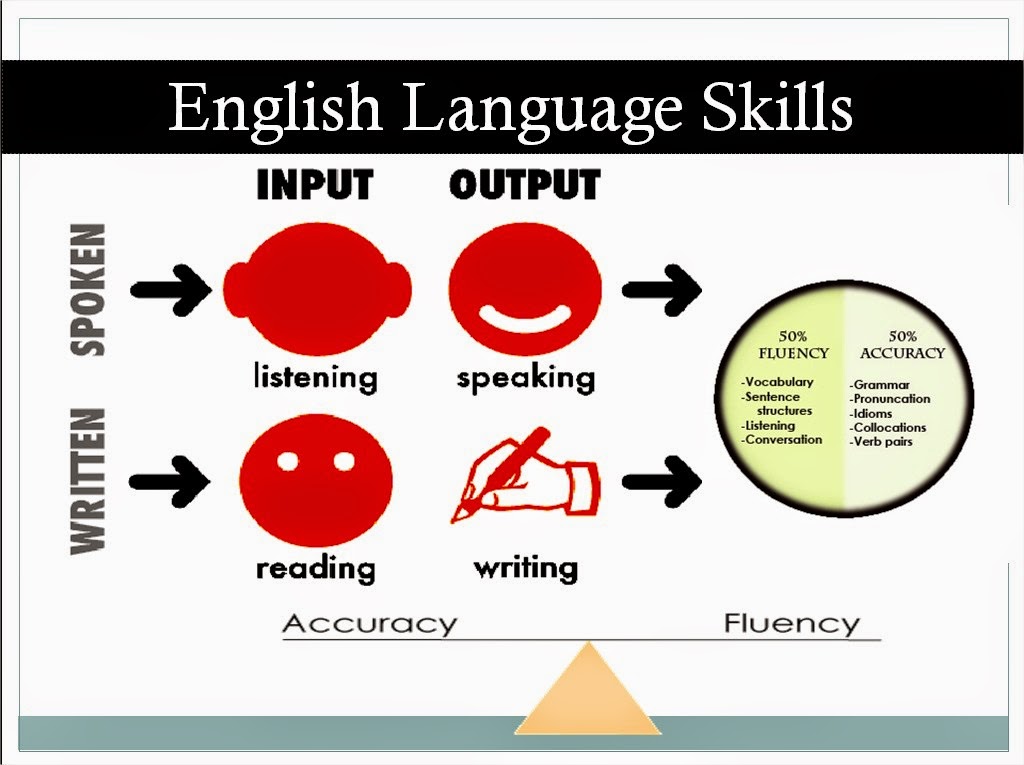 Since the child is at home, you can hear: “Wash the dishes, take out the bucket.” Many mothers have this thought: why is the child sitting idle, albeit with a book? It can't be that he studied for so long!
Since the child is at home, you can hear: “Wash the dishes, take out the bucket.” Many mothers have this thought: why is the child sitting idle, albeit with a book? It can't be that he studied for so long!
— What else affected the unpreparedness of the education system, society for distance learning?
- I repeatedly hear the phrase of the Minister of Education Sergey Kravtsov - he is a very talented person, but either he was not a teacher for a single day, or he worked as a teacher for a very short time. And having real pedagogical experience is very, very important, being the Minister of Education. How can such a person lead the education of the country? Moreover, let him become a teacher now, work at least two hours a week at school. I once came to the head of the city department of education, Yuri Prokhorov (now he is the chairman of the trade union of education workers) and said: "I don't have enough strength to teach lessons anymore, I'm the director.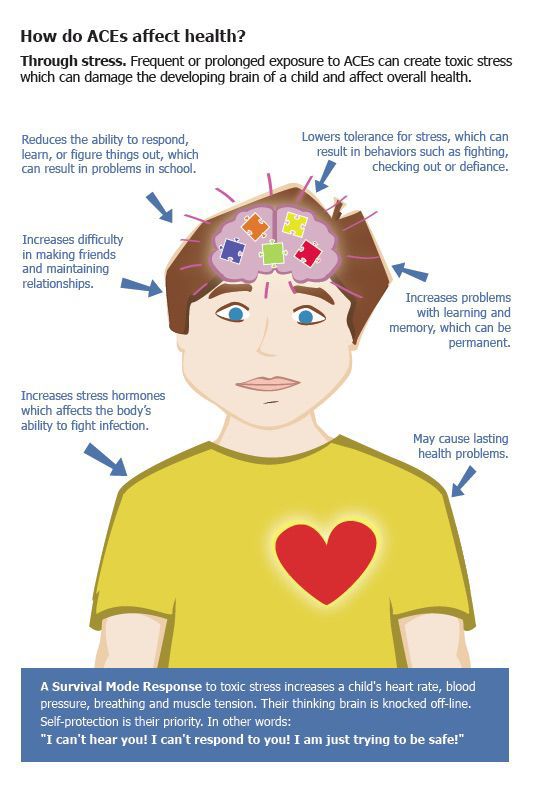 " Yuri Petrovich replied: “Pash, if you stop teaching, you will stop being a teacher. Take at least as much, at least two hours a week. So I teach chemistry at my 85th school.” It is very important to feel the child. So, Kravtsov says: "No one expected it to be like this." I believe that a politician should always expect what will happen, should be ready for various challenges.
" Yuri Petrovich replied: “Pash, if you stop teaching, you will stop being a teacher. Take at least as much, at least two hours a week. So I teach chemistry at my 85th school.” It is very important to feel the child. So, Kravtsov says: "No one expected it to be like this." I believe that a politician should always expect what will happen, should be ready for various challenges.
- He has an "alibi": he was recently appointed ...
- But before that he was also in a very high position - the head of Rosobrnadzor. This position is not lower than the Minister of Education. A high-ranking leader must be prepared for what to do in the event of a system failure - when it rains, hail, storm, frost 40 degrees. Moreover, I have a feeling that our country, republic, city as a whole is lucky. We have very smart people at the head. I'm not talking about moral qualities, politics, that's another topic. But there are no fools, and in other regions they are. Governors are removed there, some unreasonable measures are taken, which just doesn’t happen. And we have a plan B. Some criticize Putin for not immediately coming out to the people, but he thought. Now you decide, then I will. I am talking specifically about intelligence, and the level of management and efficiency also depends on it.
And we have a plan B. Some criticize Putin for not immediately coming out to the people, but he thought. Now you decide, then I will. I am talking specifically about intelligence, and the level of management and efficiency also depends on it.
Most schools did not have this Plan B. I'm not talking about rural areas where there are not enough computers. Of course, we had everything. Why do we live so normally for so many years? Because we are always ready for challenges. Conflict, problem, challenge is good. They may have negative consequences, but you need to be ready to work in a new way.
“But, interestingly, they say that a law has already been passed that the country is switching to distance education. I open the document, and nothing terrible is written there. It is indicated what distance education is and how to work with it” Photo: Sergey Elagin
“WE NEED TO BE READY TO PROTECT OUR EDUCATION”
— In the State Duma of the Federal Assembly of the Russian Federation, the senators of the Federation Council of the Federal Assembly of the Russian Federation No.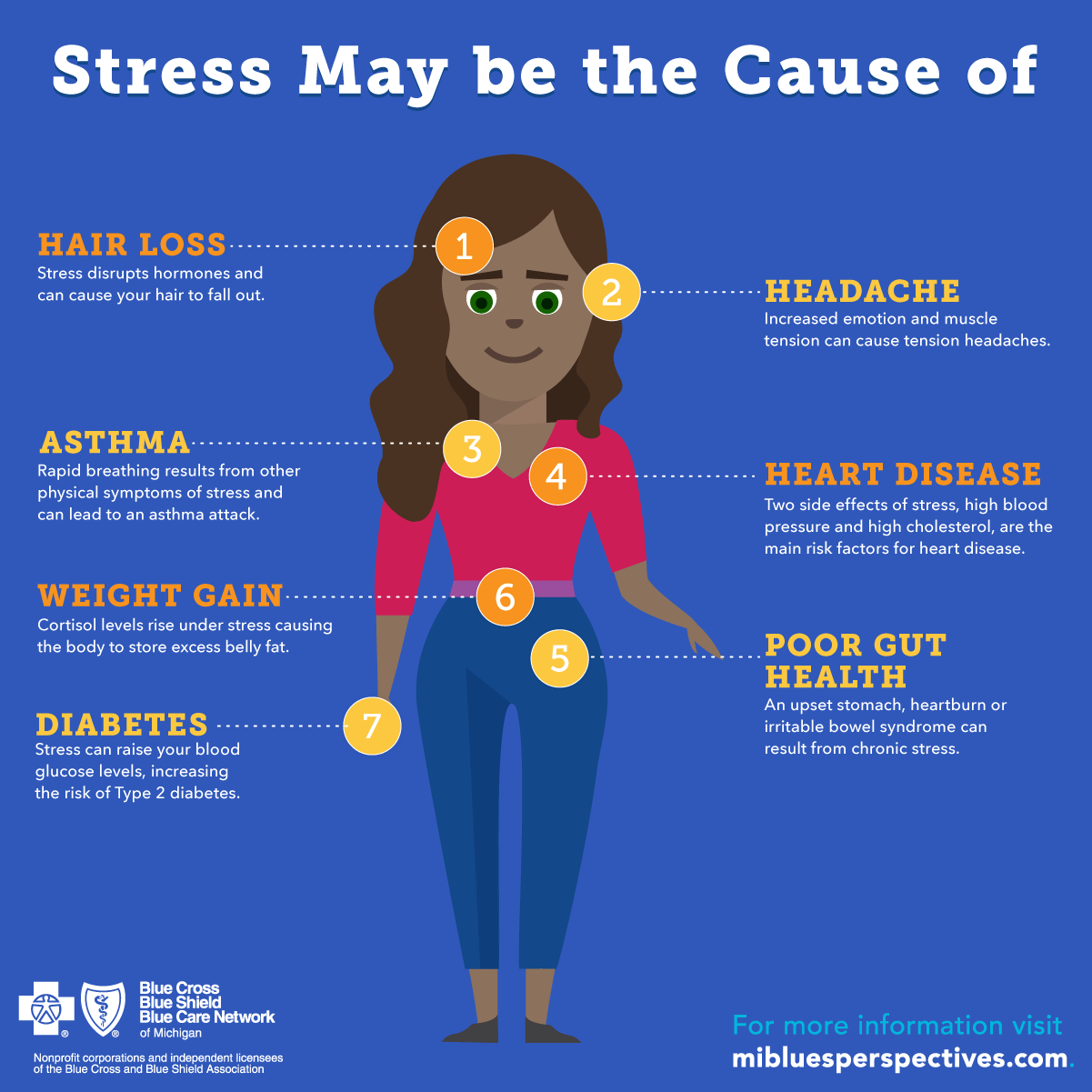 establishing the procedure for the use of e-learning of distance learning technologies in the implementation of educational programs”, according to which it is planned to switch to distance learning, more precisely, its legislative consolidation. I am convinced, and many will agree with me, that education should be free, accessible, classical, and education should be traditional, with classroom organization and take place in educational institutions. What do you think of all this? (Damir)
establishing the procedure for the use of e-learning of distance learning technologies in the implementation of educational programs”, according to which it is planned to switch to distance learning, more precisely, its legislative consolidation. I am convinced, and many will agree with me, that education should be free, accessible, classical, and education should be traditional, with classroom organization and take place in educational institutions. What do you think of all this? (Damir)
- Here is an example with a federal law, it is being written very adequately now and just about the very Plan B. Big psychosis about the fact that the whole country will go to "remote control". Yes, this should not be allowed. But, interestingly, they say that a law has already been passed that the country is switching to distance education. I open the document, and nothing terrible is written there. It is indicated what distance education is and how to work with it, that is, about the order of application.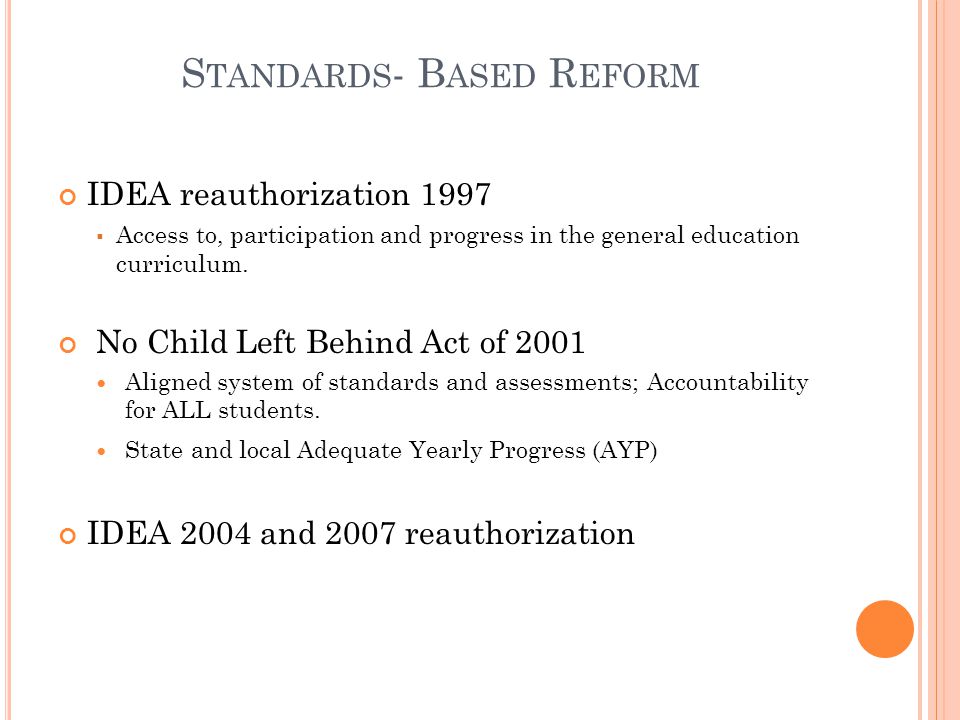 It explains who is responsible for what. This is a small law about what a "remote control" is. Kravtsov, Olga Vasilyeva and the previous Ministers of Education did not have a Plan B. There are some oversights on the part of the top leaders of the country - they did not control this issue. It's sad that not earlier, but it's good that they are now adopting a federal law, a correct, reasonable touch. Another thing is that you need to think and think about the "remote control". And indeed, there will be those who want to make sure that the whole country is on the "remote line". We must be ready to defend our education, in which there is a real interaction between the student and the teacher.
It explains who is responsible for what. This is a small law about what a "remote control" is. Kravtsov, Olga Vasilyeva and the previous Ministers of Education did not have a Plan B. There are some oversights on the part of the top leaders of the country - they did not control this issue. It's sad that not earlier, but it's good that they are now adopting a federal law, a correct, reasonable touch. Another thing is that you need to think and think about the "remote control". And indeed, there will be those who want to make sure that the whole country is on the "remote line". We must be ready to defend our education, in which there is a real interaction between the student and the teacher.
— What are the disadvantages of distance education?
- I am against any totality. Here it is written in the reader's question: "I am convinced that education should be free, accessible, classical, and education should be traditional, with class-lesson organization." I don’t argue about free, but what is classic is not obvious to me. The class-lesson system has long been outdated, but it is applied, this is normal, but it is far from the only one. There are Waldorf, and Montessori, and Fresnet, and the Russian Classical School (RKSH), which is just not there! And this is all normal, there should be different forms of education, it can be compared with the principle "don't keep money in one bank." And our children are different. There is no need to adjust the child to the education system, this is the system, and teachers should think about how to move him along the educational trajectory. They can group students, for example, into small groups. There are children with disabilities, and they should study together with healthy ones.
The class-lesson system has long been outdated, but it is applied, this is normal, but it is far from the only one. There are Waldorf, and Montessori, and Fresnet, and the Russian Classical School (RKSH), which is just not there! And this is all normal, there should be different forms of education, it can be compared with the principle "don't keep money in one bank." And our children are different. There is no need to adjust the child to the education system, this is the system, and teachers should think about how to move him along the educational trajectory. They can group students, for example, into small groups. There are children with disabilities, and they should study together with healthy ones.
I have a child at school who has very poor eyesight: he sees on a large blackboard in large letters. And for us there was a challenge how to work with him. The boy and I speak and write in capital letters. This is the same plan B. Any system must be ready for challenges, and besides, it is developing.
- The Internet provides excellent opportunities for the existing education system - to create platforms with lessons, tasks, recorded lectures. It was worth integrating everything at the level of the region, cities, countries, organizing such a complex system. There were all the possibilities if we were doing this creatively in the interests of the development of education. But, as it turned out, no one did.
- I agree. But the country was not ready. I believe that the economic component is extremely important for the President of our country. The current moment has not yet been analyzed, but literally 10-15 years ago, not so long ago, people lived worse. The country as a whole is going up. But a bunch of separate segments, including the educational one, were not ready, no doubt, for the possibility of serious shocks.
“Here is a new life, coronavirus, IT technologies, but our country is not moving to a new level.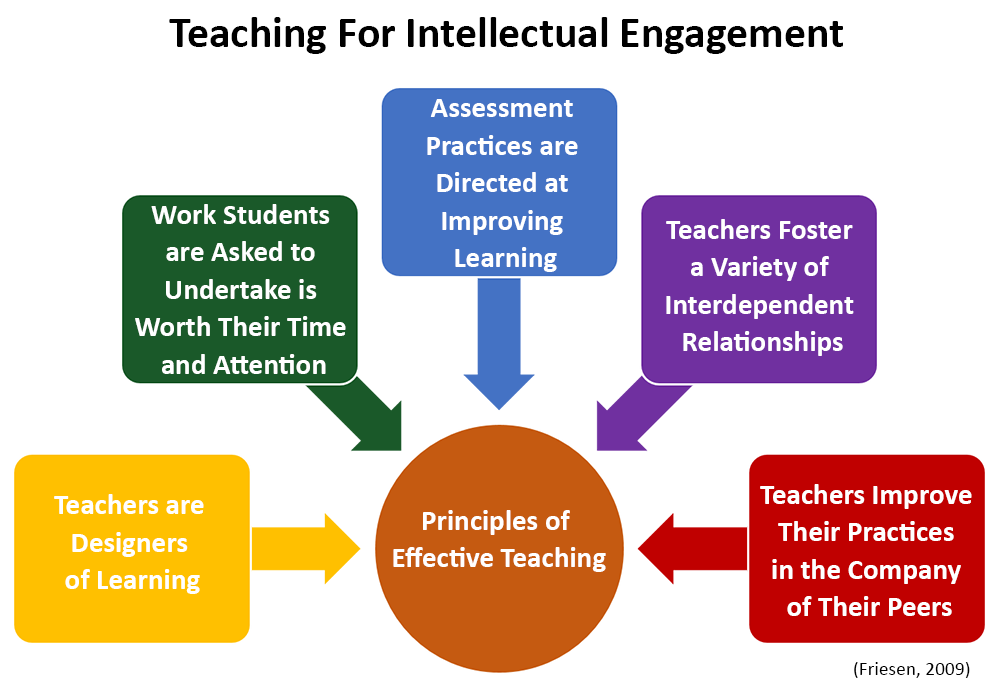 There is no psychology, economics at school, and this is not normal" Photo: Sergey Elagin
There is no psychology, economics at school, and this is not normal" Photo: Sergey Elagin
"THE TEACHER SHOULD NOT WORK ON THE PRINCIPLE "WHAT WILL YOU LIKE?"
- It turns out that for two months they diagnosed that the education system did not pass the stress test. Do you agree with this?
- Yes, but I have a clear reason: I believe that, unfortunately, the wrong people have been in the first posts in education over the past three or four years. Let me also remember one stroke: 10-15 years ago, education was called the service sector. For me, this does not sound offensive, but wrong. There were a lot of opinions about what it is, and all explanations were bad. The teacher should not work according to the principle "What would you like?".
- We did not pass the stress test. And how were we supposed to overcome it according to the ideal model, if in recent years everything was going well in the education system?
- About the ideal model a little later, this is a difficult question. I will give a beautiful example that once completely shocked me. In Finland, in the 70s, they closed their ronos. The teacher became free. But the education system in the country was shaking for 15 years. Teachers were out of control. They are law-abiding, they did not have chaos. It would have happened in a similar situation with us. Why does the feudal system come after the slave system? Because a slave always works worse than a free man. So is the teacher. In Finland, the teacher in the lesson is the master, even the director cannot enter him, only parents and society are above him. And our teacher is still a slave, and this is the worst thing.
I will give a beautiful example that once completely shocked me. In Finland, in the 70s, they closed their ronos. The teacher became free. But the education system in the country was shaking for 15 years. Teachers were out of control. They are law-abiding, they did not have chaos. It would have happened in a similar situation with us. Why does the feudal system come after the slave system? Because a slave always works worse than a free man. So is the teacher. In Finland, the teacher in the lesson is the master, even the director cannot enter him, only parents and society are above him. And our teacher is still a slave, and this is the worst thing.
I thought: what if the teacher does not work well? Once he came in with a hangover or just got sick - he was some kind of strange, badly rumpled, slightly insane, it is clear that something happened to him. And the next day, many parents came to school - the children at home with big eyes told about it. The teacher quit two days later. What is society doing? Rises. And this is very important. A teacher without a boss. What is happening in the country? Shakes. But the direction of change was chosen correctly there.
What is society doing? Rises. And this is very important. A teacher without a boss. What is happening in the country? Shakes. But the direction of change was chosen correctly there.
In 2013, Finland voluntarily stepped down from this pedestal. I wrote scientific papers there in my doctoral studies and was at the center of pedagogical innovations. Scientists at the University of Helsinki, where I studied, told me: we must move on, we cannot stand still. And they introduce something new and see if it works or not. I don't like what they started doing there. Scientists are faced with a challenge - students after school are not ready for life. Our children are also not ready to choose a company for themselves, pay a bank bill, or deal with an IT system. We don't teach anything related to planning and money. Children learn on their own, on the street, from each other, but we don’t prepare for this, we don’t teach psychology, economics, handling money, or how to help take care of a little brother.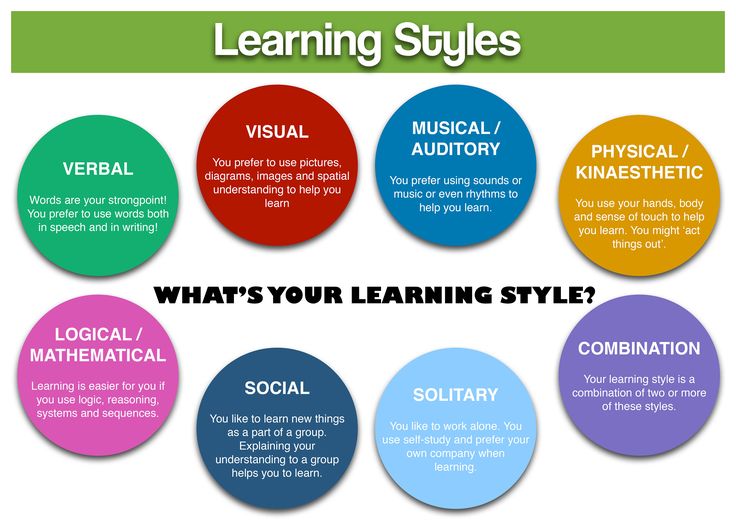 We do not prepare mothers, fathers, schoolchildren for the future life.
We do not prepare mothers, fathers, schoolchildren for the future life.
And in Finland they really started doing this. What do you need to do to become a cafe owner? You need to understand how cafes around the world work, know many foreign languages, and understand the economy. And in Finland such blocks have begun, the whole system is switching to this, while we have classical physics, mathematics, the Russian language and literature, when we study what children do not understand. When they are told about high love in the 7th grade, of course, they already have feelings, but they do not understand them. This was realized by Leo Tolstoy with his high intellect. It is necessary to study the material in proportion to age and need.
Here is a new life, coronavirus, IT technologies, but our country is not moving to a new level. There is no psychology or economics at school, and this is not normal.
“One of the main things we do at school is to offer children a professional choice: do what you love right away and do a lot” Photo: president. tatarstan.ru
tatarstan.ru
"WE HAVE A VERY BAD TEACHER TRAINING SYSTEM, JUST TERRIBLE"
— But still, what should be the distance education system? What should the ideal model look like? What did the current education system in Russia have to do to prepare for today's era?
- We have a very bad teacher retraining system, it's just terrible. They are not prepared for the new. In Finland, you are obliged to undergo real retraining. Our doctors have it, but teachers really don’t. I will give a small Kazan example, a very famous one. We have a mess with the rectors of the Tatar Institute for Advanced Studies of Education Workers. As soon as a leader is removed from a high educational position, he is put on the post of rector of this institute. I was directly affected - I became the director of the Lobachevsky Lyceum, and the previous one was appointed to the post of rector of the institute. And this is a key, most important institution for teachers! Moreover, there are good employees, full of interesting people.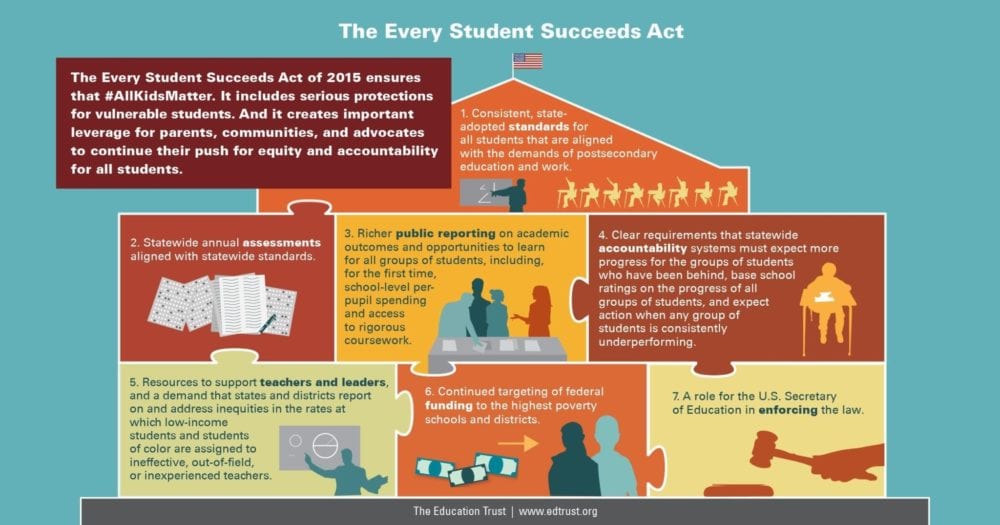 But the fish rots from the head. This is how we treat the training of our teachers.
But the fish rots from the head. This is how we treat the training of our teachers.
For many years we have been talking about individual educational trajectories. This means that it is not the student who must adapt to the class-lesson classical system, but the school must change according to the child. In Russia, they began to create specialized classes - and that's good. But in fact, there is still a lot to be done. Some children go through the program in a fast mode, others in a slow one. Some people find it more convenient to work from home, and that's fine. Some people prefer family education. It was very difficult to get up. A year ago, employees of the Ministry of Internal Affairs began questioning everyone who studies in a family education - are they terrorists? If you are a Tatar, aren't you a Wahhabi? The Russians are not touched, and the Tatars are being checked - is it not for this that they left school in order to prepare for ...? That is, there is a presumption of guilt.
There should be many different options for learning, and one of them is distance learning. If we had already applied it, it would have worked. In the meantime, individual children, smart parents, and young teachers have taken advantage of it. That is, there was no actual high-level retraining. What is she now? I was in such retraining. They told something about economics, played something... But how poorly all this is done! I have many doctors I know, and I know that teachers, unlike them, do this poorly.
- Could you become the rector of the retraining institute if you were offered? Could you make a revolution there?
- I was always convinced that I was a teacher. It's another matter that, besides this, I can do something else - write articles, come here with pleasure, be a deputy and a member of the presidium of the City Council, but I never stopped being a teacher. Everything that is possible in combination with teaching, I can do. I will never leave my children. My mother is a teacher, my grandmother too. This is my path.
My mother is a teacher, my grandmother too. This is my path.
And it is very important that the child finds his favorite activity as early as possible. It may change later. One of the main things we do at school is to offer children a professional choice: do what you love right away and do a lot. If I want to look at ants, I can sit near the anthill for five hours and watch... And that's fine. If a child is overloaded with his favorite thing, he will either grow fantastically in this area, or find out that he does not like it. And then the body will rebuild itself and find another favorite thing to do. In the area of a favorite subject, a child can be overloaded, you need to ask him, and there will be no overloads. They may arise from an unloved subject. You can’t overload them, here you need to give knowledge carefully and carefully. And load as many as you want to your loved ones. They don't get tired of this.
“The Russian school is poor, even ours, although it is a little richer than the usual average.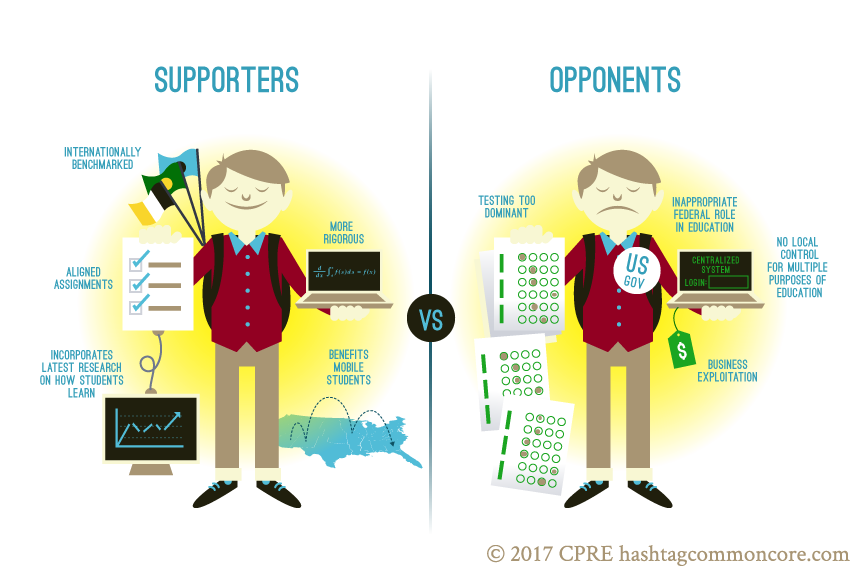 If we do not take the 131st, IT-lyceum, but take some 117th, we have a slightly better situation. It is worse for most Kazan schools. Ours is bad, and theirs is even worse.” Photo: kzn.ru
If we do not take the 131st, IT-lyceum, but take some 117th, we have a slightly better situation. It is worse for most Kazan schools. Ours is bad, and theirs is even worse.” Photo: kzn.ru
"I AM AFRAID OF DANGEROUS EXPERIMENTS WITH CHILDREN"
- You said that an experiment is being done in Finland now and you don't quite like it. What exactly? It's good that they are preparing for life.
- One must definitely prepare for life. But they are doing the experiment dangerously, it seems to me, insufficiently prepared. I am always afraid of dangerous experiments with children. This is purely mine, maybe there is no need to be afraid. I think that you need to think 115 times before experimenting with children. Classical physics and mathematics are so developed that if a child does not know where to go and what to choose, then here it is, the road. And in Finland everyone was transferred to this immediately. There is a way to learn to swim - you are in a boat, and you throw the child into the water a meter away from you. If it sinks, you will have time to grab it by the hair. But he does not reach the boat and learns to swim. I'm afraid of this.
If it sinks, you will have time to grab it by the hair. But he does not reach the boat and learns to swim. I'm afraid of this.
— There is a point of view that school, especially primary and secondary education, is not about knowledge, but about socialization. In homeschooling, how is this possible?
- If the parents are reasonable, they will take the children to many circles. Now it is a little worse than in the 70s, but there are still a lot of different circles in the country.
— What else should have been done during these years to reach the level of education of the 21st century?
— What else has been done in Finland besides closing the rono? There they greatly raised the authority of the teacher, the attitude of the country towards him. And we don’t have such that Putin loudly speaks to the whole of Russia how important teachers are. In the era of elections, he will talk about how teachers are needed. There is no respect of the whole country for the teacher! And in Finland there is. It is also necessary to raise the salary of a teacher in the province.
It is also necessary to raise the salary of a teacher in the province.
Next - foreign languages, attitude towards them. We have a certain scale of compulsory subjects at school: physics, chemistry, biology. She is stable and does not change. A little something is added from time to time. And children have overloads. In order to add something, you have to take something away. And in order to exclude something, you need to reconsider something. And here it is necessary to experiment, but very carefully. Reduce something, add economics, psychology, foreign languages. The situation with Tatar is about the same. But I'm not talking about the equality of Tatar and Russian yet, but about the fact that the more languages, the better. Two different language cultures - Tatar and Russian - that's great! It is important when the brain works, develops, changes. English, and also Chinese... Now they are desperately needed. And we, fools, I beg your pardon, do not use what we, Tatars, have a lot around. I don't speak Tatar, although I spoke. But that's a different story. Slowly, slowly now I'm learning, in 10 years I'll remember. It doesn’t work quickly when a person is over 20 years old… it’s hard to learn. But I can already write easily.
I don't speak Tatar, although I spoke. But that's a different story. Slowly, slowly now I'm learning, in 10 years I'll remember. It doesn’t work quickly when a person is over 20 years old… it’s hard to learn. But I can already write easily.
Languages are extremely needed. How to do it technologically? In the 1950s, films began to be translated and dubbed. And in Finland they are with subtitles. This one is much cheaper. How it works: a child watches a Swedish cartoon at the age of four and listens to Swedish speech, and at the age of five he already understands all the Finnish letters. Do you want Finnish translation or English. This subtitle era made it so that my daughter Nastya, when we moved here and she went to the third grade, already in the fifth asked: “Dad, why does everyone in my school in Finland speak English better than children in 122- th English school in Kazan?” Of course, there are exceptions, but most children do not speak English well. And in Finland it is a culture, where everyone in the 6th or 7th grade communicates fluently in English.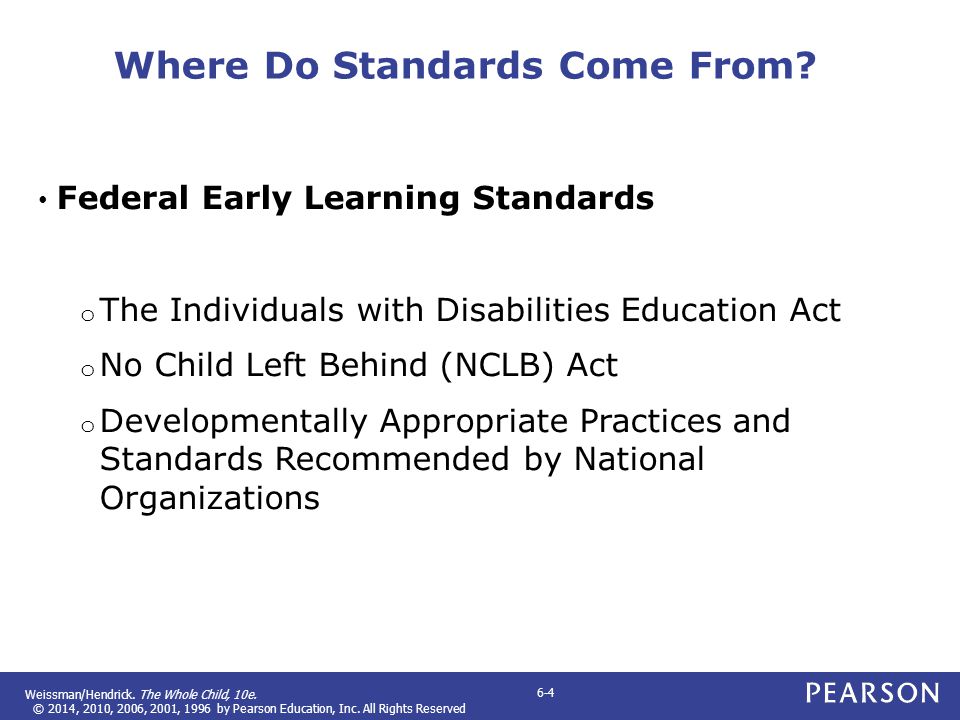
“If a child is sitting on the phone with me during recess, I come up and say:“ Give it, please. I put my smartphone on the shelf in the reception room and pick it up after class. No problem. When they don’t give it back, then call mom” Photo: pixabay.com
"THE RUSSIAN IT SCHOOL IS VERY POOR"
— How should a modern school develop in terms of IT and what do you think should be striving for?
- Toward a practical culture. We have a computer science lesson, which is built in a very strange way. If you study Russian well, then you will go to the Olympiad in it. But on many other subjects it is different. And in informatics, this is somehow poorly done. There is Olympiad Informatics, which has nothing to do with lessons and the Unified State Examination. And by the 7th grade, it turns out that you either write codes, programs, or you understand what hardware is.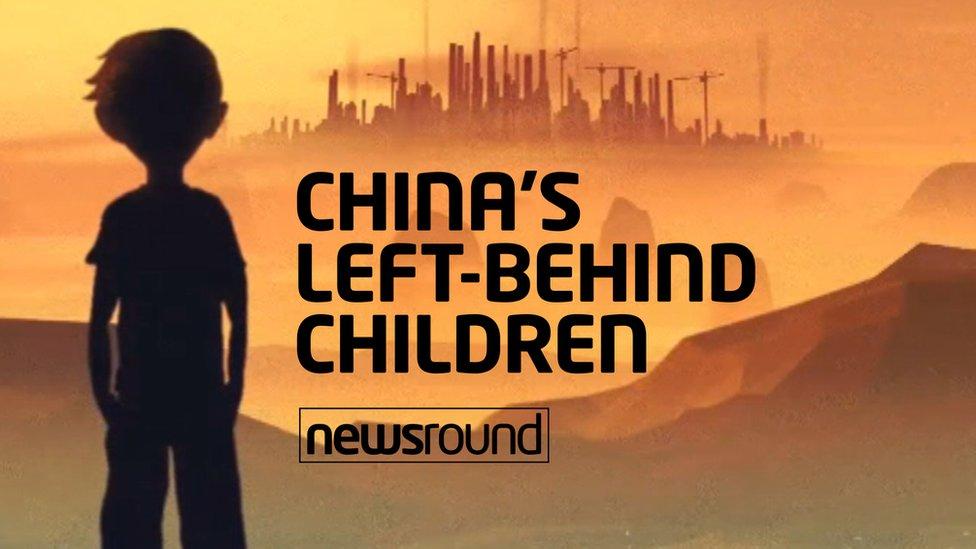 As a user. That is, what is Windows, how to turn on the computer, how to use different Excel, and so on. Two branches. And if you are preparing for the Unified State Examination, you are a hundred-point student, then you may not understand anything in Olympiad programming.
As a user. That is, what is Windows, how to turn on the computer, how to use different Excel, and so on. Two branches. And if you are preparing for the Unified State Examination, you are a hundred-point student, then you may not understand anything in Olympiad programming.
- I'm talking about something else now. What should a modern school look like?
- Here, probably, the point is what you have been talking to me about for an hour, and I am trying to fight back. Money. Unfortunately. Because the Russian school is poor, even ours, although it is a little richer than the usual average. If we do not take the 131st, IT lyceum, but take some 117th, we have a slightly better situation. It is worse for most Kazan schools. Ours is bad, and theirs is even worse.
— Poor in what sense, underfunding on what lines?
- I'm talking about computers. There should be an opportunity in each class, to give each student a laptop, a tablet, the opportunity to have computer classes. Easy access, modernity. Like a pen.
Easy access, modernity. Like a pen.
- Wi-Fi ...
- It's a different story altogether. There is reduced Wi-Fi. Thanks to the coronavirus, they were allowed to use various social networks, including VKontakte. And before that, neither VKontakte nor Facebook had a very small number of places on the network where a student could enter.
- Isn't that good too?
— You see, it is necessary to educate culture not by prohibitions. They do not work. You don’t allow a child to smoke - he will. If you forbid drinking at 16, he will try. It is necessary to work on this, the child needs to be developed. That is, the school in IT is utterly poor.
— How should a school be staffed to meet modern realities?
- I give as an example the school where my daughters study in Finland. There is a separate room in which there are bean bags, you can just relax a little, sit.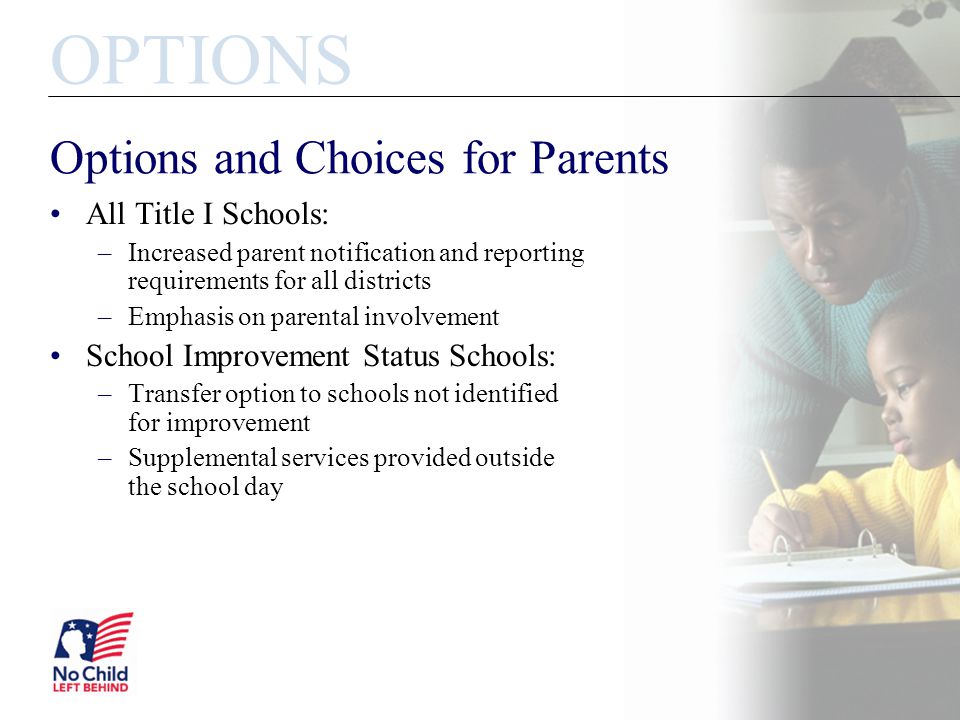 There is a library. There are a huge number of libraries in Finland! When I was a schoolboy, I was convinced (and, it seems, it existed) that our nation is the most reading. Now the horror is with our libraries compared to Finnish ones. There are beautiful large libraries where meetings with writers and poets are held, there is a billiard table nearby. And books are everywhere. In addition to libraries, there are many shelves throughout the city in Finland from which you take a book home. If you don't need it, bring it. And they return it instead of keeping it at home. There libraries are open until 10 pm. And what do we have? Shopping centers, grocery. Otherwise, we are open until 10!
There is a library. There are a huge number of libraries in Finland! When I was a schoolboy, I was convinced (and, it seems, it existed) that our nation is the most reading. Now the horror is with our libraries compared to Finnish ones. There are beautiful large libraries where meetings with writers and poets are held, there is a billiard table nearby. And books are everywhere. In addition to libraries, there are many shelves throughout the city in Finland from which you take a book home. If you don't need it, bring it. And they return it instead of keeping it at home. There libraries are open until 10 pm. And what do we have? Shopping centers, grocery. Otherwise, we are open until 10!
I try to teach children to read, including some tricky ways. I ask parents to bring us books to school that children do not read. We have bookcases where you can just borrow these books. At school, you can not use gadgets during breaks. If you need it, then ask an adult and get your phone. You can’t just take a smartphone and play, and good books are freely available nearby.
- About the ban on gadgets at recess. Do you use any in class?
- We never take them from anyone. I am a supporter of a very strong respect for the child. Can't be taken away. But it’s another matter if he is sitting on the phone with me during recess, I come up and say: “Give it, please.” Maybe not give it back, and I won't snatch it out of his hands. But usually they give. I put my smartphone on the shelf in the reception room and pick it up after class. No problem. When they don’t give it back, then call mom. And that's what respect is here - first I try to negotiate with the child.
- What is your degree of use of digital technologies, after the "distance" will it increase?
- Well, of course, yes. I have a young teacher Aida Aglullina. Here she, as a user, understands a lot in modern computer technologies. But there are many problems for teachers aged 50+.
“We start on August 15, we study five days a week until mid-September, part-time, let the children go earlier. But let's start learning. By September 1, we are on our feet, we are ready to work hard and seriously” Photo: kzn.ru
“EITHER YOU WILL LOSE HEALTH OR YOU WILL NOT GET TO UNIVERSITY”
— The reader asks: “Do you think Tatarstan coped with distance learning? Is the exorbitant improvement in the quality of education in the fourth quarter and second half of the year, a year, a normal phenomenon? Will the A’s continue when the first quarter of the 2020/2021 academic year ends?”
- Let's just say that it's a little better in Tatarstan than in other regions.
— Because schools are better equipped?
- Reasonable leaders. We have three troubles in our country: officials, roads and fools. In the republic, middle-level officials are as inert and corrupt as they are throughout Russia. But in the first posts there are reasonable people who, in the era of challenge, begin to act adequately.
In the republic, middle-level officials are as inert and corrupt as they are throughout Russia. But in the first posts there are reasonable people who, in the era of challenge, begin to act adequately.
— What about the quality of distance learning?
- Everything is fine in our school. Plus, we will get there in two weeks in person or in absentia - and it will be under 90-100 percent of the program. We will get out, because we do a lot for this. Our school has been studying since August 15, but if you do not come to class, you will not be repressed. This is again about the fact that the school itself decides.
- Is it such a soft entry into studies?
- Of course! The fact is that education in the country is focused on Olympiads - a school is good if it has many Olympiads. What kind of money do they get paid in Moscow, do you know? 5 times more than in Tatarstan.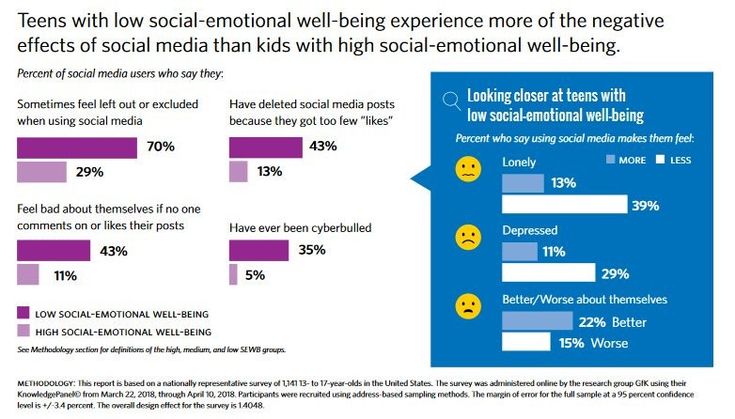 Hundreds of thousands of winners of the All-Russian receive. So, in order to win at the Olympiads, you need to seriously prepare for them. And they start on September 15. Well, what school child is ready for the Olympics on September 15? Therefore, we start from August 15, we study five days a week until mid-September, part-time, we release children earlier. But we are starting to get into studies. By September 1, we are on our feet, ready to work hard and seriously.
Hundreds of thousands of winners of the All-Russian receive. So, in order to win at the Olympiads, you need to seriously prepare for them. And they start on September 15. Well, what school child is ready for the Olympics on September 15? Therefore, we start from August 15, we study five days a week until mid-September, part-time, we release children earlier. But we are starting to get into studies. By September 1, we are on our feet, ready to work hard and seriously.
- Are you also imprisoned for the Olympics?
- Where to go? Not because I think it's right. I just understand the conditions in which we live.
- What does "where to go" mean?
- These are the conditions in which they put the whole country. Previously, there was the concept of "scientific conference of schoolchildren." And the guys made scientific reports. Now there are also conferences, but the winners of the additional points required for admission to the university almost do not receive.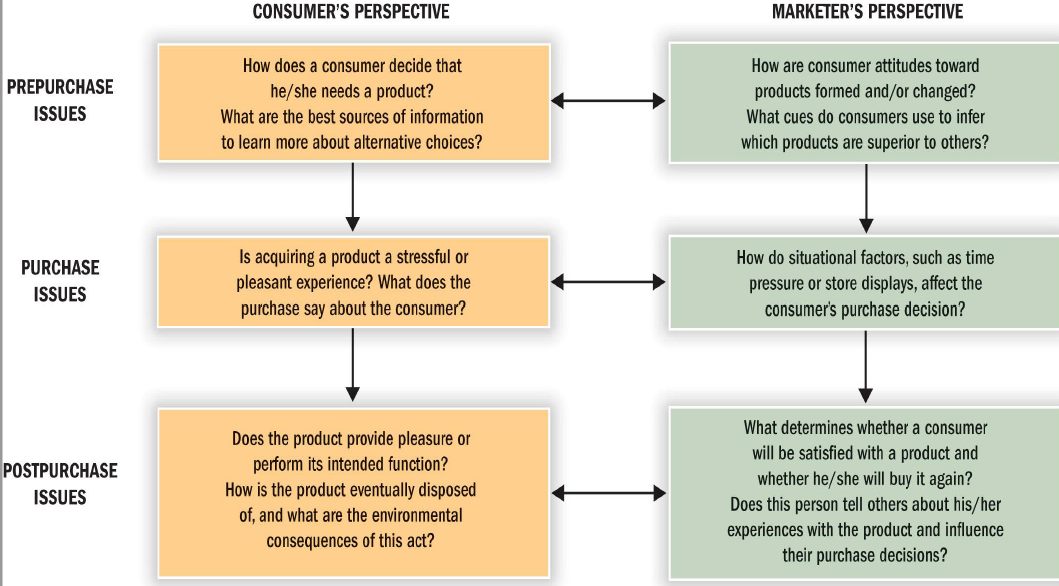 And for victories at the Olympiads they give big points.
And for victories at the Olympiads they give big points.
- To whom?
- For schoolchildren upon admission. Then there are the list Olympiads. Anyone who knows a narrow topic powerfully and sets goals correctly will make it through.
- So you are not for the school, but for the students?
- Of course. You see, in our country the choice is between bad and very bad. Either you will lose your health, or you will not enter the university. They announced that the whole republic is switching to a five-day period. Although this will not be in its purest form, this is a recommendation that all directors will implement, but we will not.
- Why?
- Our junior school will have a five-day period. In the 11th grade, they are already smart, also at the five-day period. But from the 6th to the 10th, most likely, it will not work. But we will talk with the parents, think together.
- Because there are a lot of objects?
- Do you want to enter the university? If yes, then you need to learn a lot. Choice between bad and very bad.
“In our school, we are engaged in educational work. We think about what kind of children we have. We are trying to raise an honest person. I will not say that everything works out. But for me and the school it is extremely important.” Photo: © Igor Zarembo, RIA Novosti
“I THINK THERE IS A DESIRE TO REDUCTION OF TEACHERS, SCHOOLS”
- You say that a certain part of the performance has increased on the “distance”, and is this not due to the fact that when the student is at home, he can do tasks, write off the control from somewhere, someone will tell you?
- Maybe yes.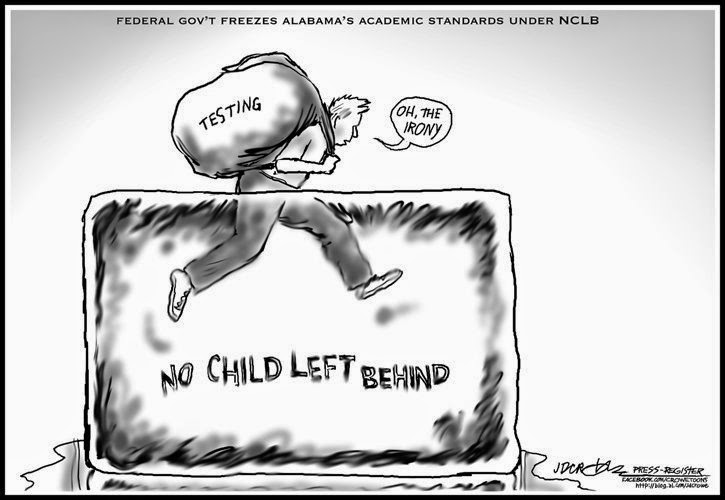 But we don't have anything like that. There are many difficulties in our school, but not this one.
But we don't have anything like that. There are many difficulties in our school, but not this one.
- That is, you had no problems with cheating?
- Yes, but not very large.
- Why are you so sure that the children did not cheat at home when the control passes along the "distance"?
- This is a separate big topic: the school is removed from the educational process. She does not educate now, but gives knowledge. I believe that in the USSR the school was like a club, a cultural center, they gave the values of life, explained what is good and what is bad.
And in our school we are engaged in educational work. We think about what kind of children we have. We know that some can write off. But these are units. Our people already understand that they study for the sake of knowledge. We talk about it a lot, we do it. We are trying to raise an honest person. I won't say that everything works out. But for me and the school it is extremely important.
But for me and the school it is extremely important.
— So is ideology more important than technology?
- Not ideology, but morality, honesty, conscience. At my lesson, children write essays (I conduct the so-called extracurricular work, according to the Federal State Educational Standard it is called that) - once a week a small essay. One girl writes me three lines, very beautiful, and gives me a link. I click, and there is a clip where the mat is used. I turn to the student and say that I cannot attach such a link because of the mat. She replies that she understands that it is not necessary then. But the schoolgirl sends good words, without swearing. I start listening to other songs of this group using the link that she sent, I watch the video, a third of the songs with obscenities. The songs themselves are meaningful and interesting. Children today are brought up differently. One swear word found in the song does not hurt their ears.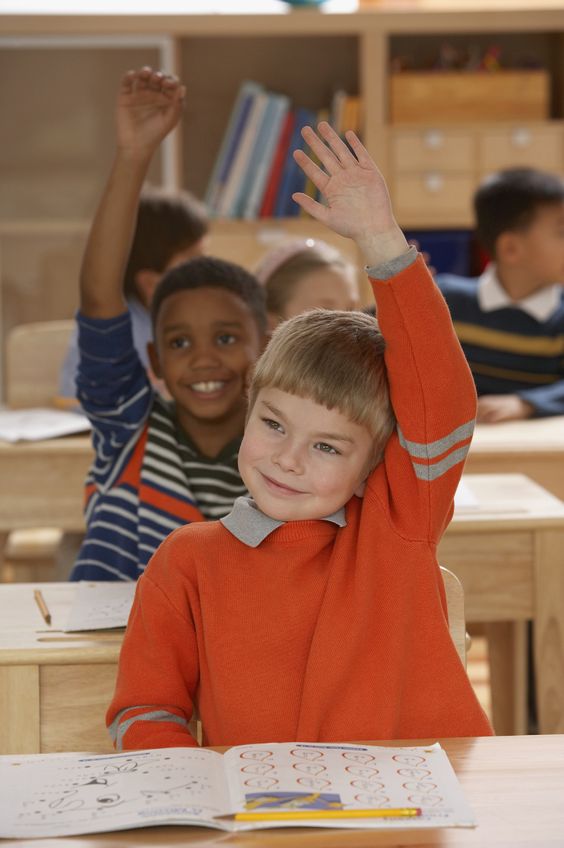 To me - yes, although in the compositions they say on the case. But children think otherwise.
To me - yes, although in the compositions they say on the case. But children think otherwise.
— How were the distance learning lessons?
- They are very different. I have teachers who don't want to use the Zoom platform hard. They are for the child to just work. Not sitting in front of the computer, but writing with a pen. It is very important that our teachers use different methods and platforms. And we are trying to help in every possible way in this.
Some parents asked for a single platform throughout the school so that everyone can understand everything. The first, like a single textbook, is wrong. We must try to help everyone, each other. The lessons are very different. On different platforms, with a different number of tasks, teachers can cancel a lesson if they see that the children are tired. Now there is an opportunity for this. But this is at a "distance", because the children get very tired on it. Parents and teachers constantly complain about this.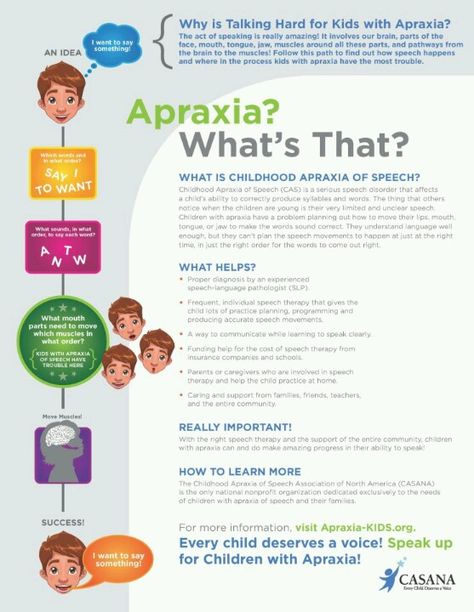 Students work 10-12 hours a day. Fantasy is simple! Teachers did not measure their homework by whether the child could do it. It is my problem. I say that many things are good with us, but the children get tired.
Students work 10-12 hours a day. Fantasy is simple! Teachers did not measure their homework by whether the child could do it. It is my problem. I say that many things are good with us, but the children get tired.
— What technologies will you use in the future?
- Of course. Everything will continue to be used. Why did I say that this law on the order of application of distance education is not terrible? He says that this teaching method can be used. Moreover, I made a discovery for myself: it is reasonable to hold parent meetings on Zoom, because it takes a long time for adults to go to us, and in the program here is the face of mom and dad and we are talking to them. For them it is very convenient.
- Maybe one day a week, for example, on the same Saturday, conduct online lessons?
- Teachers with parents and students will decide for themselves. Nothing can replace face-to-face studies.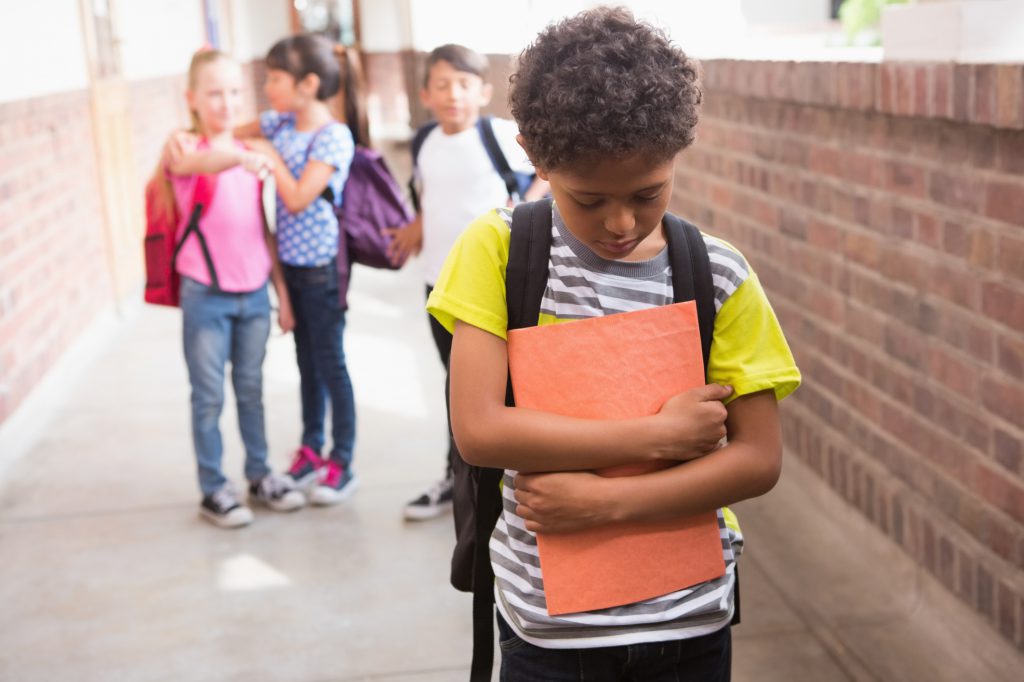
- They write that world forces, governments of countries are preparing the transition of mankind to distance education. You don't believe in it?
- I think that someone has a desire, including laying off teachers and schools. But, I think most people understand that this is wrong and this will not happen.
- So you think this is wrong?
- Definitely. But the fact that this cannot be... Maybe, unfortunately. Anything can happen in our country.
- This is a global trend.
- Yes, but... As soon as the government has an easy opportunity to create a police state, it does so. The people will demand - they can give police functions and opportunities back. If he asks weakly, it means that they will give him weakly and not everything.
“Only one “distance” is the death of the entire education. Machine, dry, dead thing. There must be something alive. There is a chemistry between those who teach and those who learn. If this contact exists, then education occurs ... " Photo: Alexey Belkin
Machine, dry, dead thing. There must be something alive. There is a chemistry between those who teach and those who learn. If this contact exists, then education occurs ... " Photo: Alexey Belkin
"REMOTE LEARNING WORKS WHEN IT IS MIDDLED WITH FACE-TO-FACE"
— There are far fewer talented teachers, right? But there are five best physics teachers in the republic and the dream is to have one of them teach in each class. And what prevents you from recording a cycle of his lectures? And the student is taught by a teacher who is not the strongest, not the best??
- It already exists, it's done. In physics, there is some kind of Odessa teacher who has everything in physics laid out. Cool thing! But this only works for individual children. They are different. It is very important that the teacher understands whom he teaches, and the child who he learns from.
There's one great thing about distance learning that we forgot to talk about: it works when it's mixed with face-to-face. It does not work entirely without personal meetings. But if the teacher spent five lessons live, and the sixth - at a distance, this works.
It does not work entirely without personal meetings. But if the teacher spent five lessons live, and the sixth - at a distance, this works.
It's like a distance learning system: students study at home, and then come for a month for a session. This works to some extent. And without sessions - no. Knowledge in a purely machine form will not work. Another thing is individual replacements when someone gets sick or some special topic that can only be shown in Africa, some kind of experience or something else. Geography has changed, you can show anything and anywhere. That is, "distance" can be widely used, powerfully.
- But integrating with the personal?
- Absolutely! Consolidation is extremely important. Only one "distant" is the death of the entire education. Machine, dry, dead thing.
— Why? Lack of control?
— No. Dialogue. There must be something alive. There is a chemistry between those who teach and those who learn.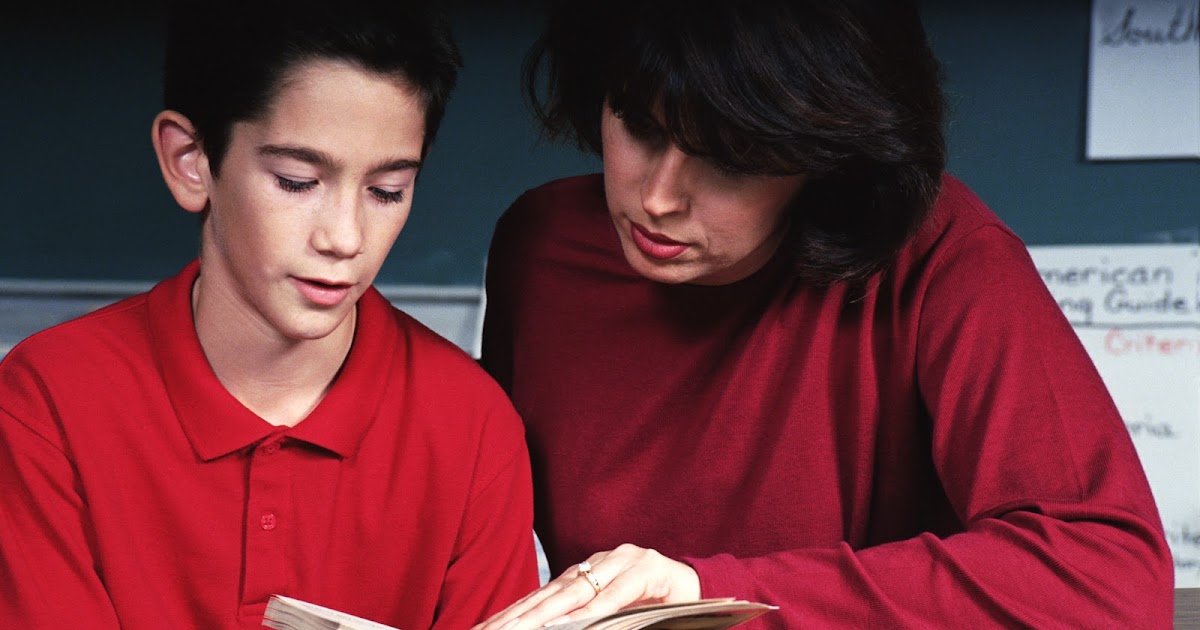 If this contact exists, then education takes place ... For a while, you can replace it with a machine - somewhere, somehow.
If this contact exists, then education takes place ... For a while, you can replace it with a machine - somewhere, somehow.
- But will integration go faster now?
Yes.
— Is the challenge facing both the country and the people beneficial?
- This is a general conclusion: the call is always in favor.
- And the advantage of the situation is that remote elements will be implemented faster. Technological learning platforms. And maybe we are moving faster into the 21st century after all?
- The very concrete manifestations, when people around the world voluntarily gave up freedom, are generally scary. When a person is told: “You are not allowed to leave the house,” this is terrifying.
— And how did the Finns survive the quarantine called worldwide?
- You know, after they tried distance learning, 60 percent of parents want to continue.
- Do they believe that you can do without chemistry?
- But 40 percent need it. And for the rest ... The apartments there are huge, the Internet is excellent, you can go outside, look at the teacher at the school - too. In a mask and so on.
— Were there any bans in Finland?
- There are rules of the game. Do not come closer than 1.5 meters. Entertainment establishments were closed, but the country is working, the economy has not stopped. I repeat: I was shocked - 60 percent! They have now started studying there, but at the same time, which is very curious, they started it in separate subjects. We set ourselves the goal not to give knowledge, but for children to communicate with the teacher and with each other in the process of learning. The number of items has greatly decreased, maybe 2 times. But the very fact that everything is going on - the children meet, each at a separate desk, no touching each other . ..
..
“Make it so that they don’t want to leave here! But it is so hard. They go to Moscow for knowledge, Peter. Right there, in Kazan, there is even more corruption in universities during admission, this is understandable” Photo: Sergey Elagin
“THE WE ARE TRYING TO FORCE YOUR HOMELAND TO LOVE. DON'T FORCE!"
- What do you think is the phenomenon of Finland and the same Sweden? Did these nations turn out to be smarter than all the others, including the Russians?
- Protestant culture there.
- And how did this work?
- You rely only on yourself and no one else. We have a communal culture, while they have a farm culture. If you ask to show where, for example, a house is located in Finland, they will look at you like that - they say, you can’t figure it out yourself? There is a huge map hanging on each pillar, come, look, it is easy to understand.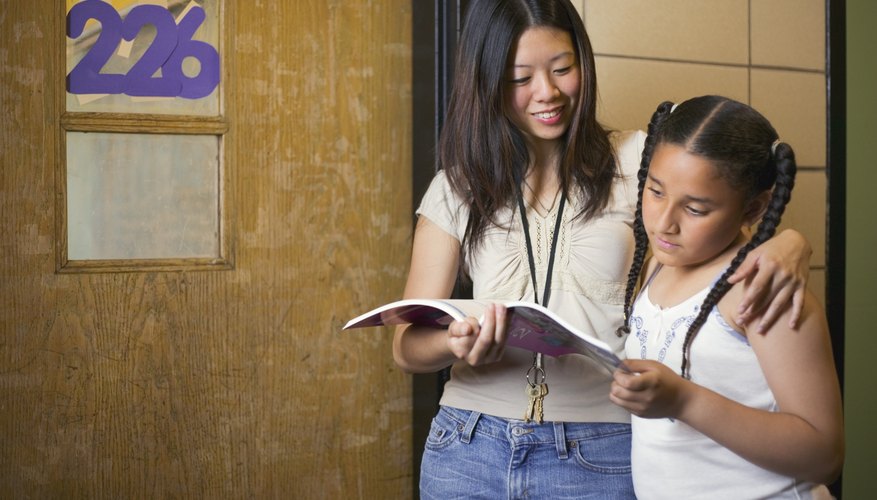 I'm riding a bike, it breaks down. Any cyclist passing by will stop to ask if they need help. Please note: if you ask, you will not be respected. And the person himself, if you need help, will provide it. But if you turn on the radio louder than necessary, they will call the police. No one will tell you to turn him down. I parked the car incorrectly a little bit - they won’t tell you, but they will call the police.
I'm riding a bike, it breaks down. Any cyclist passing by will stop to ask if they need help. Please note: if you ask, you will not be respected. And the person himself, if you need help, will provide it. But if you turn on the radio louder than necessary, they will call the police. No one will tell you to turn him down. I parked the car incorrectly a little bit - they won’t tell you, but they will call the police.
— The reorganization of the education system in the Russian Federation is long overdue. The current graduate is plankton. This does not apply to pupils of the "SUN" school. Introduction to the school curriculum of a subject in which the events of the formation of the republic will be studied, the Declaration of Sovereignty, the 1990 referendum, the agreement on the delimitation of powers, the institution of the presidency - everything that had and is directly related to the Republic of Tatarstan: economic, political, economic, scientific, production areas..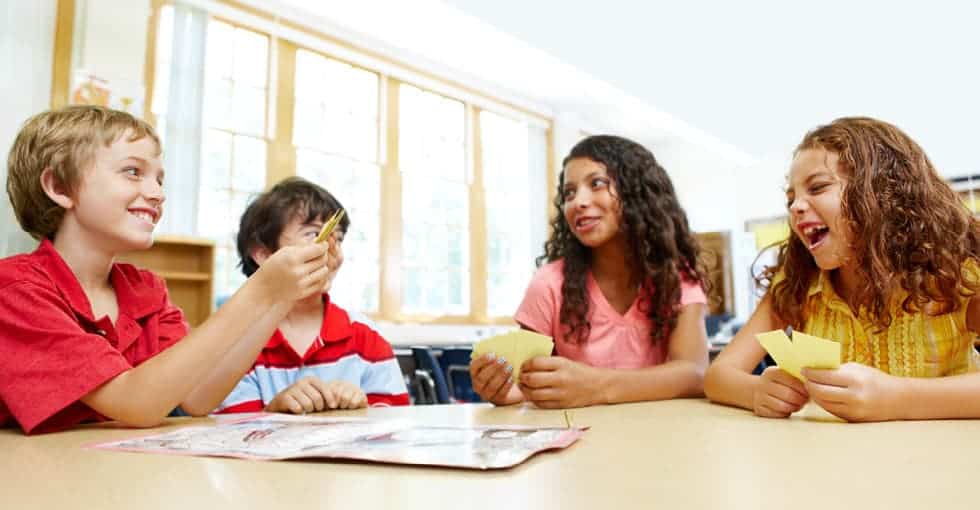 . And the results will not be long in coming. For other republics, territories, regions, specific events and the situation of their lands are being studied. These are reasonable conditions for the development of a strong country with an active civil society. This is how young people will feel the values of a small homeland, a large country and the world as a whole. What do you think? (Renat)
. And the results will not be long in coming. For other republics, territories, regions, specific events and the situation of their lands are being studied. These are reasonable conditions for the development of a strong country with an active civil society. This is how young people will feel the values of a small homeland, a large country and the world as a whole. What do you think? (Renat)
- These are questions about patriotism. Here is a separate conversation. Patriotism is brought up with us incorrectly. They kill him, but it's impossible. We are trying to force the motherland to love. You won't force it. We know how many of our smart people go abroad. What kind of patriotism if they leave in streams?
- Do you teach patriotism at school and how?
- We teach, but people leave us for Moscow and St. Petersburg, other countries. Although I would like them to stay. So I returned to my city, I love it, to my country. But I understand perfectly well that the fish is looking for where it is deeper, and the man - where it is better, where he will be valued and respected. We are told: "Guys, don't leave Kazan, it's better here, it's great!" And you make sure that they don't want to leave here! But it is so hard. They go to Moscow for knowledge, Peter. Right there, in Kazan, there is even more corruption in universities during admission, this is understandable.
But I understand perfectly well that the fish is looking for where it is deeper, and the man - where it is better, where he will be valued and respected. We are told: "Guys, don't leave Kazan, it's better here, it's great!" And you make sure that they don't want to leave here! But it is so hard. They go to Moscow for knowledge, Peter. Right there, in Kazan, there is even more corruption in universities during admission, this is understandable.
- Didn't the USE cancel such a case?
- Now another way - list Olympiads. Their sea. Each university holds its own and then recruits two types of people: those who are very smart and their own. Well, there are almost no places left for the rest. The Olympiad method at the beginning, when the Unified State Examination appeared, worked, many village and provincial children began to enter Moscow and St. Petersburg. And it still works a little, because there are a lot of universities in the capital.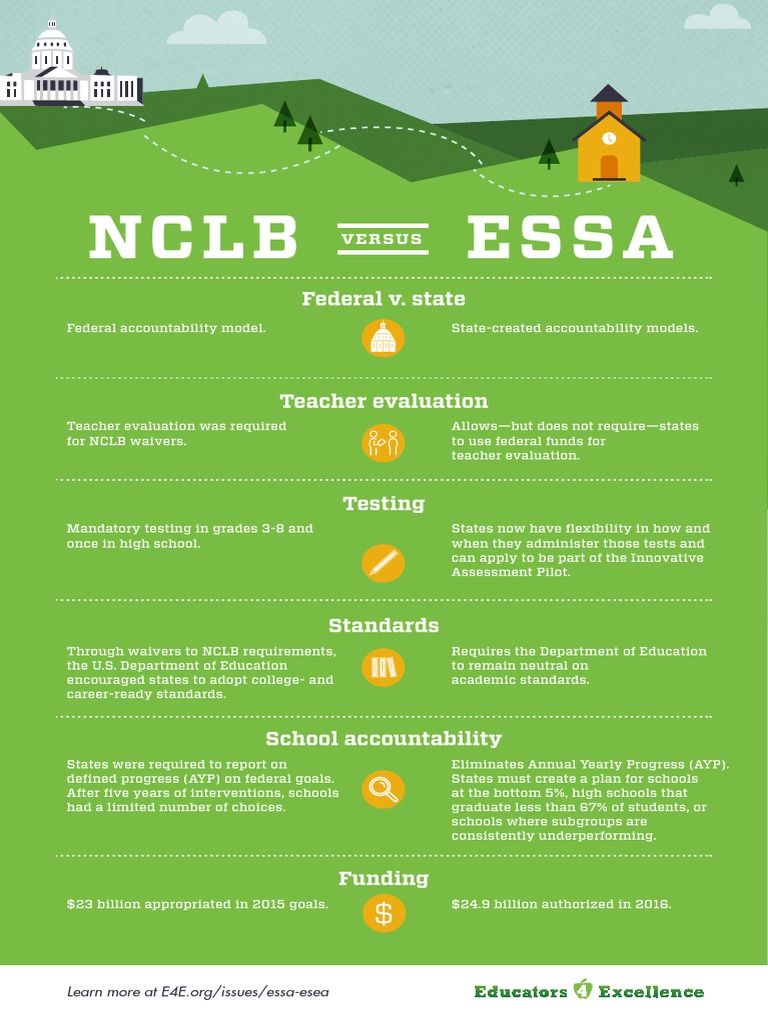 But in general, universities began to be taken over in this way. That is, now they get through the Olympiads. But it is difficult to enter through the Unified State Examination, you have to work a lot, a lot of cramming. And through the list Olympiads all the time, because there are hundreds of them.
But in general, universities began to be taken over in this way. That is, now they get through the Olympiads. But it is difficult to enter through the Unified State Examination, you have to work a lot, a lot of cramming. And through the list Olympiads all the time, because there are hundreds of them.
— What are “listed Olympiads”?
- This is the official list of the Russian Ministry of Education. There are three levels. And everyone knows which Olympiads you need to write in order to enter.
- And the flow of talented and smart people, in general, do you think is leaving here?
Yes, I'm sorry.
— And not coming back?
— Not yet. I communicate a lot with people who do not live here and come here to visit at least, and I always have the feeling that a significant part can return. The kids grew up here. If the situation changes…
The end follows.

